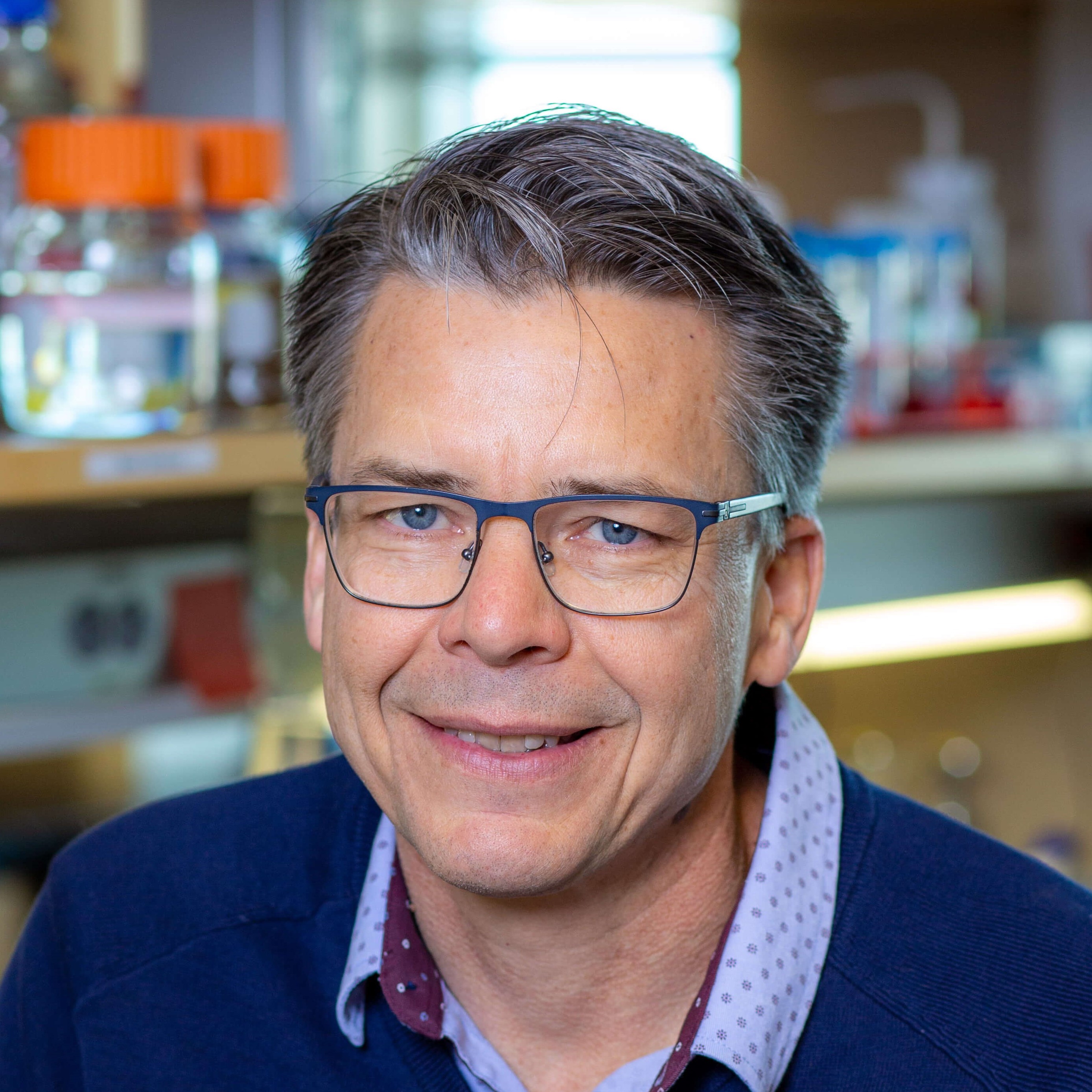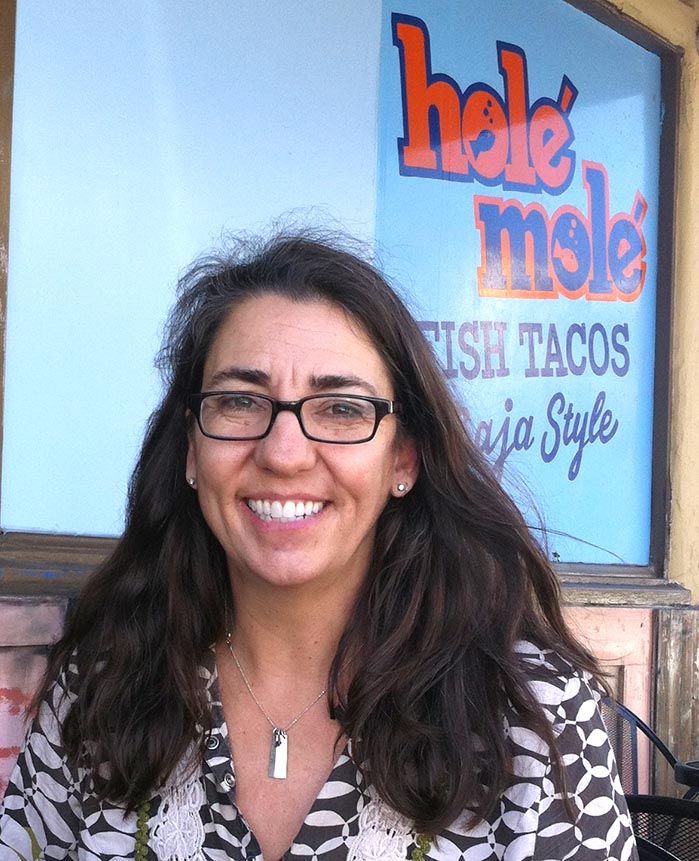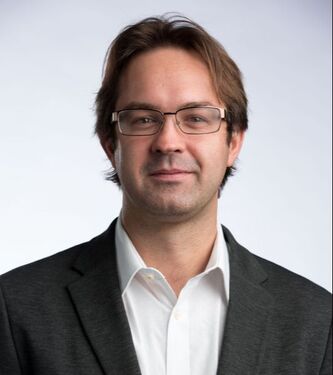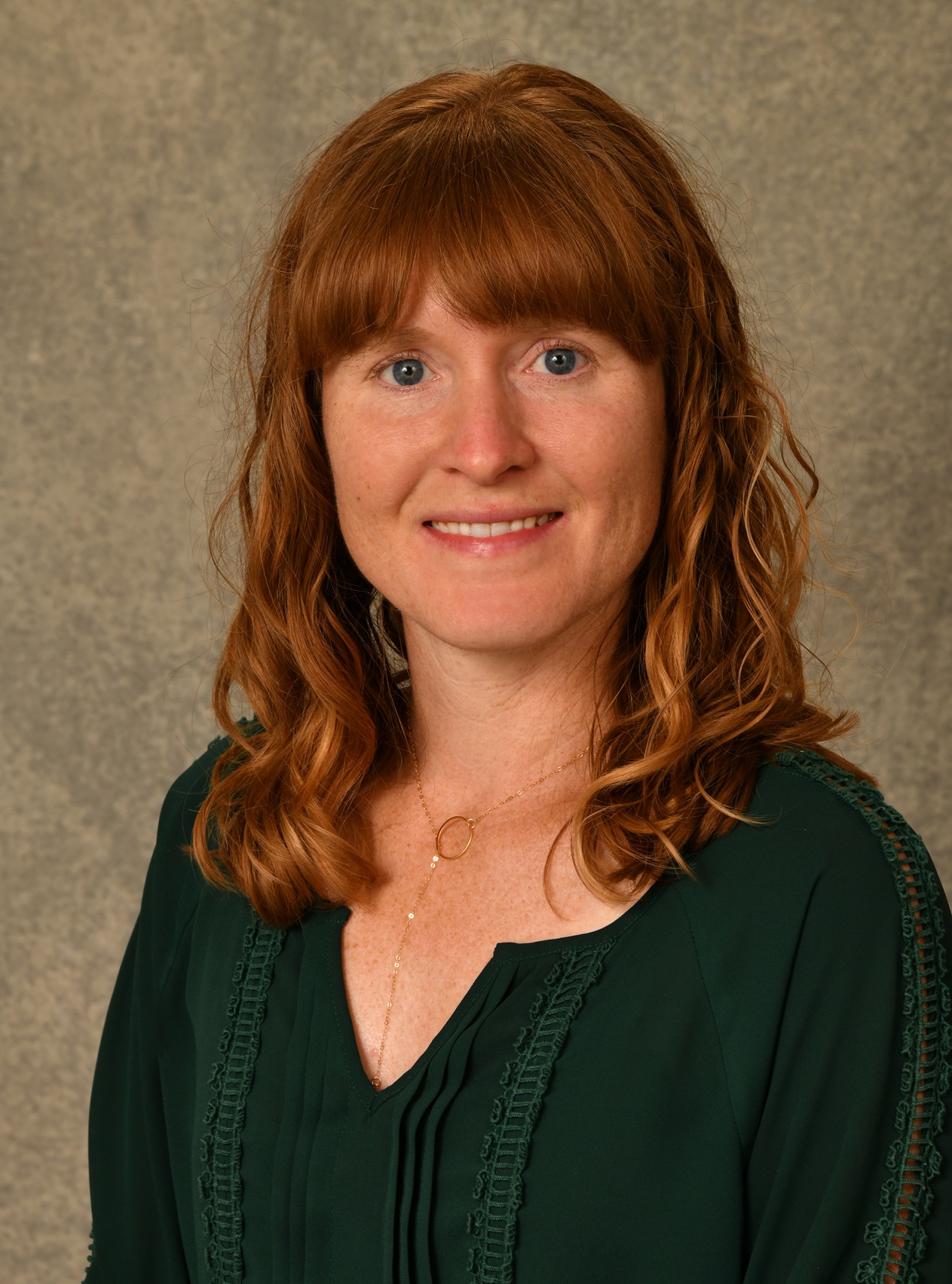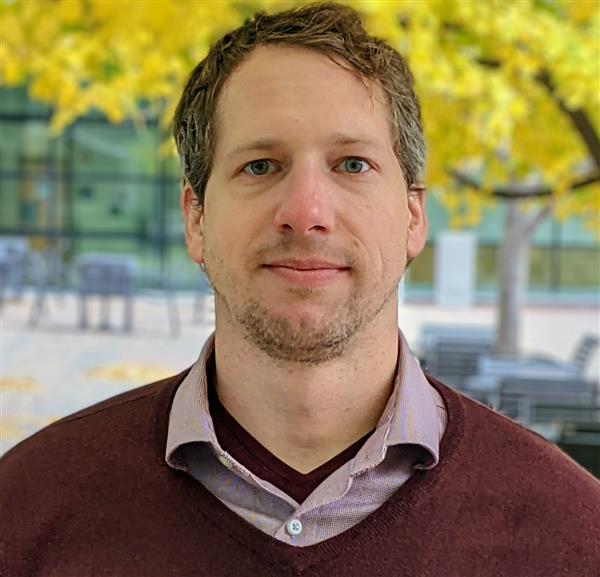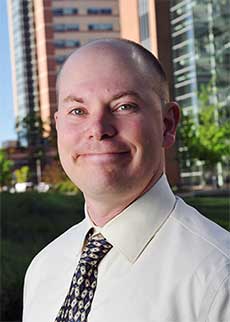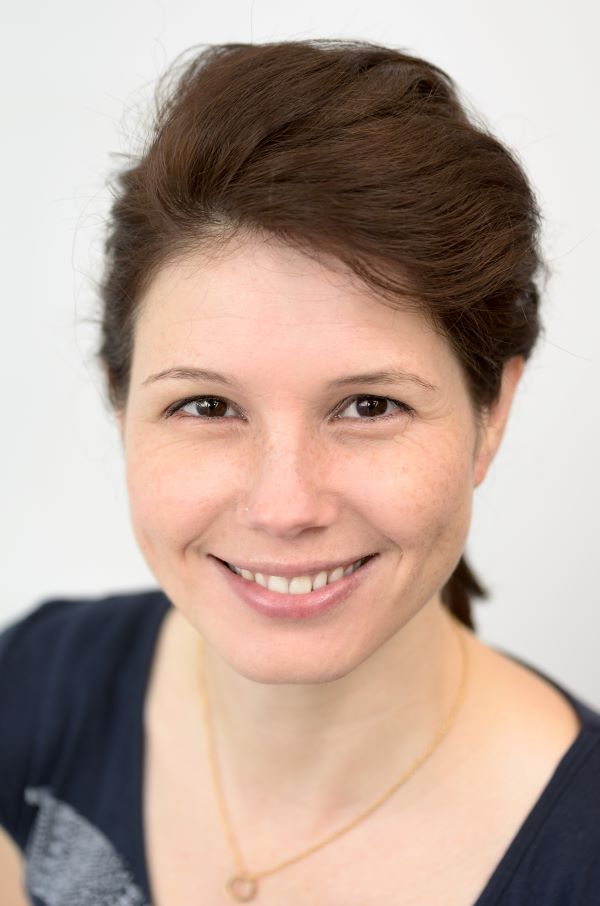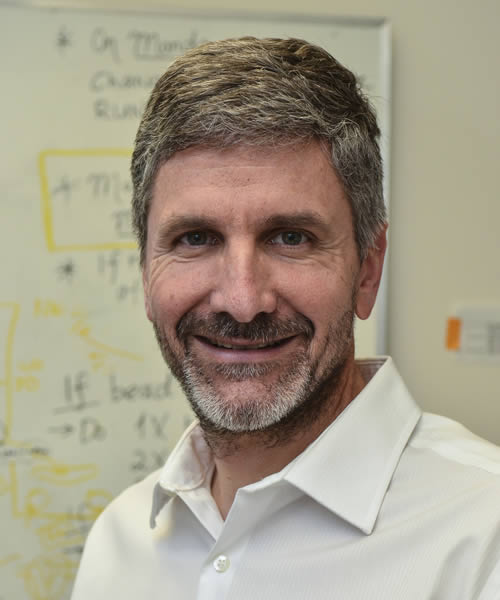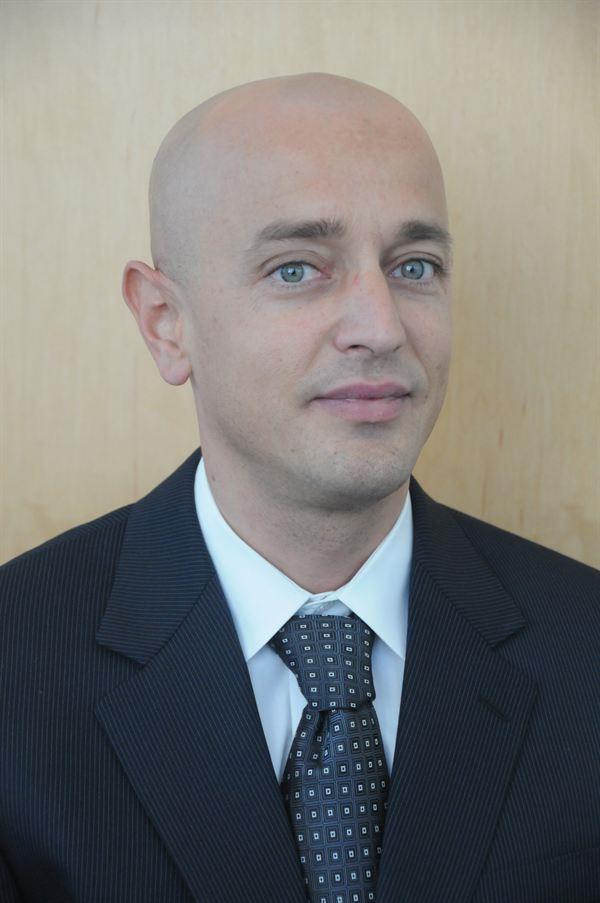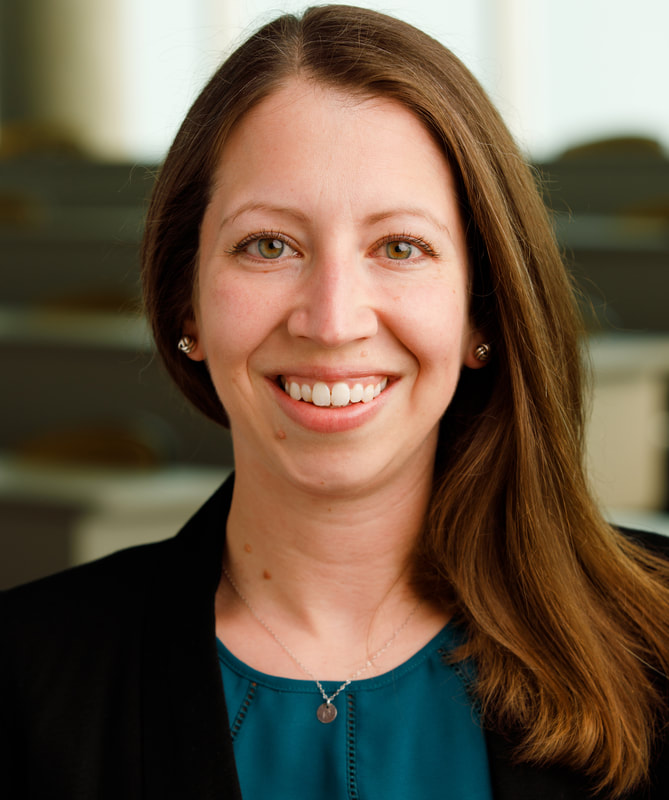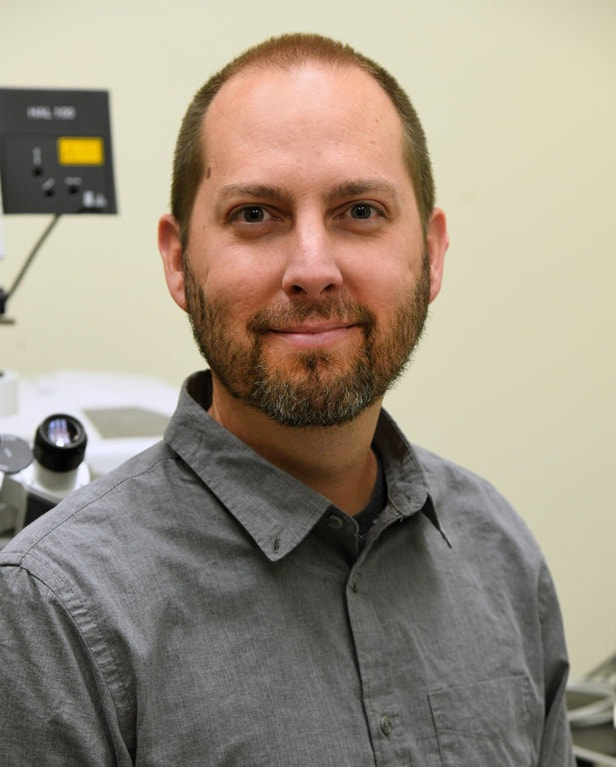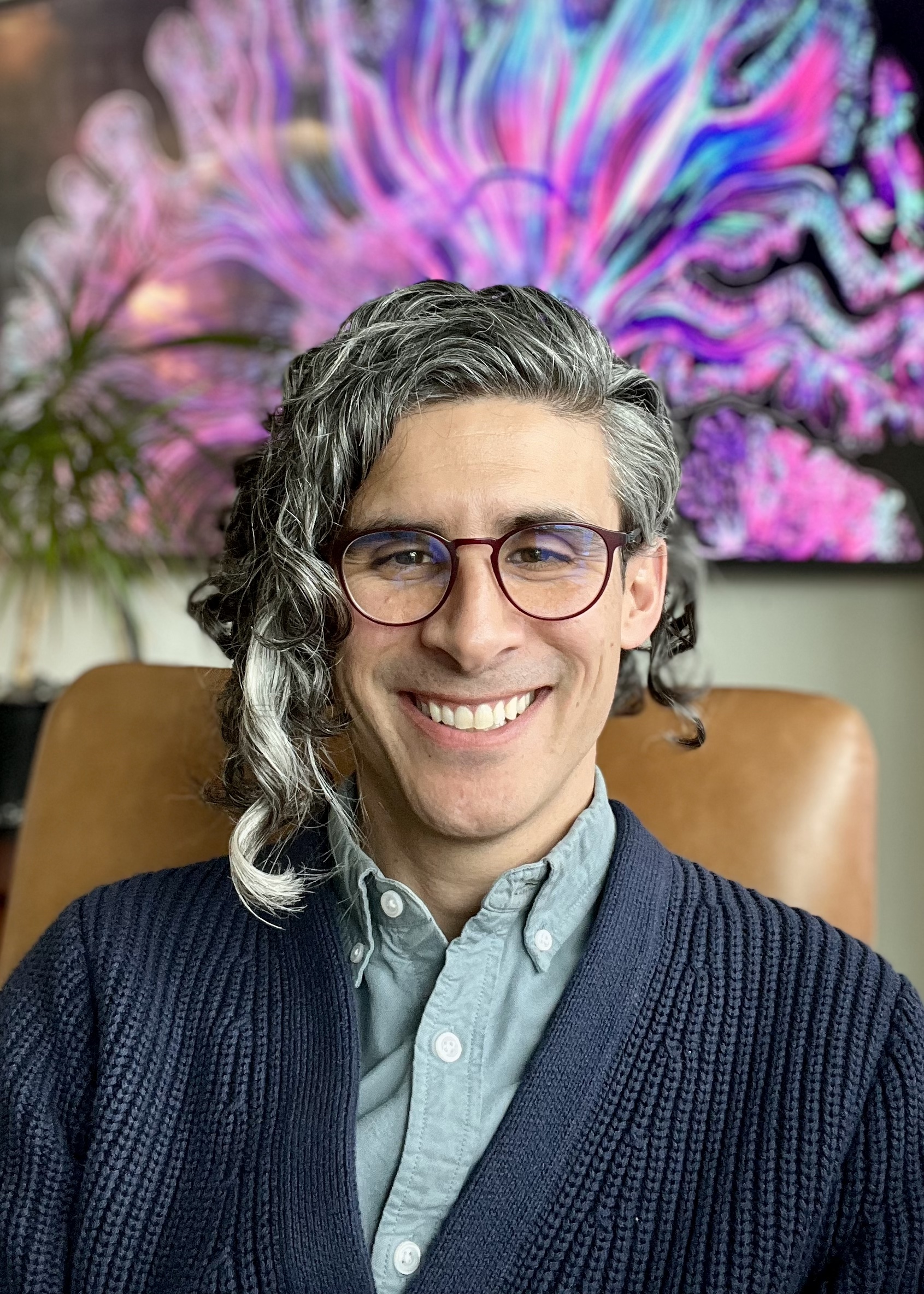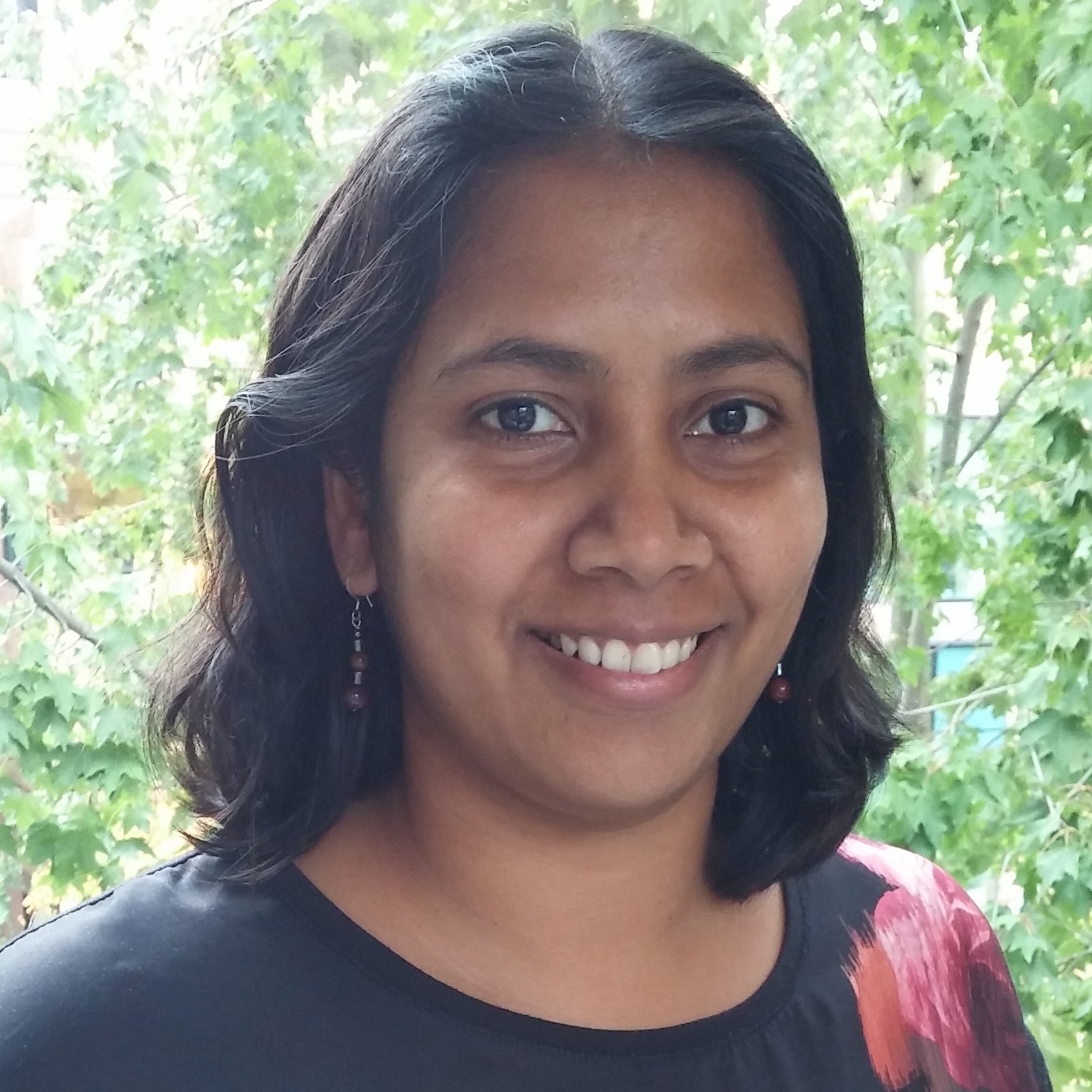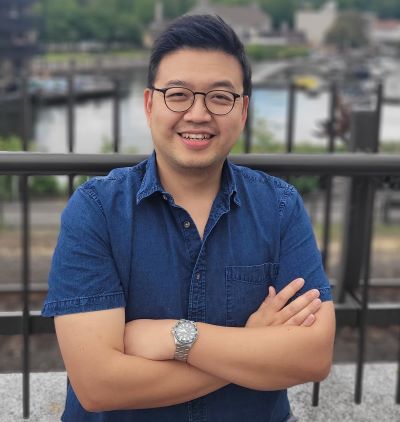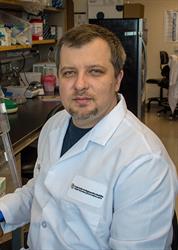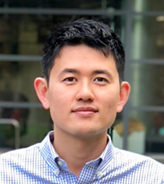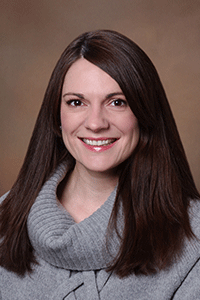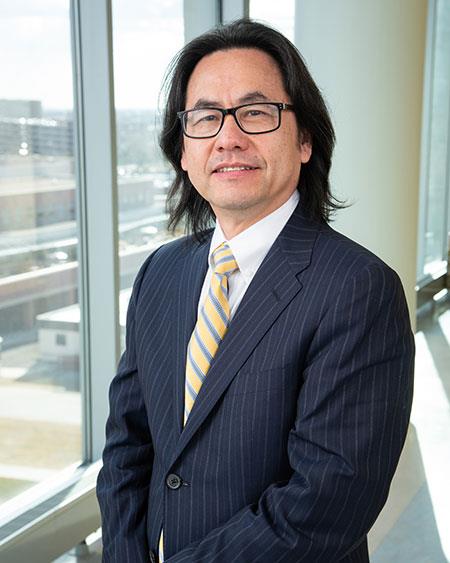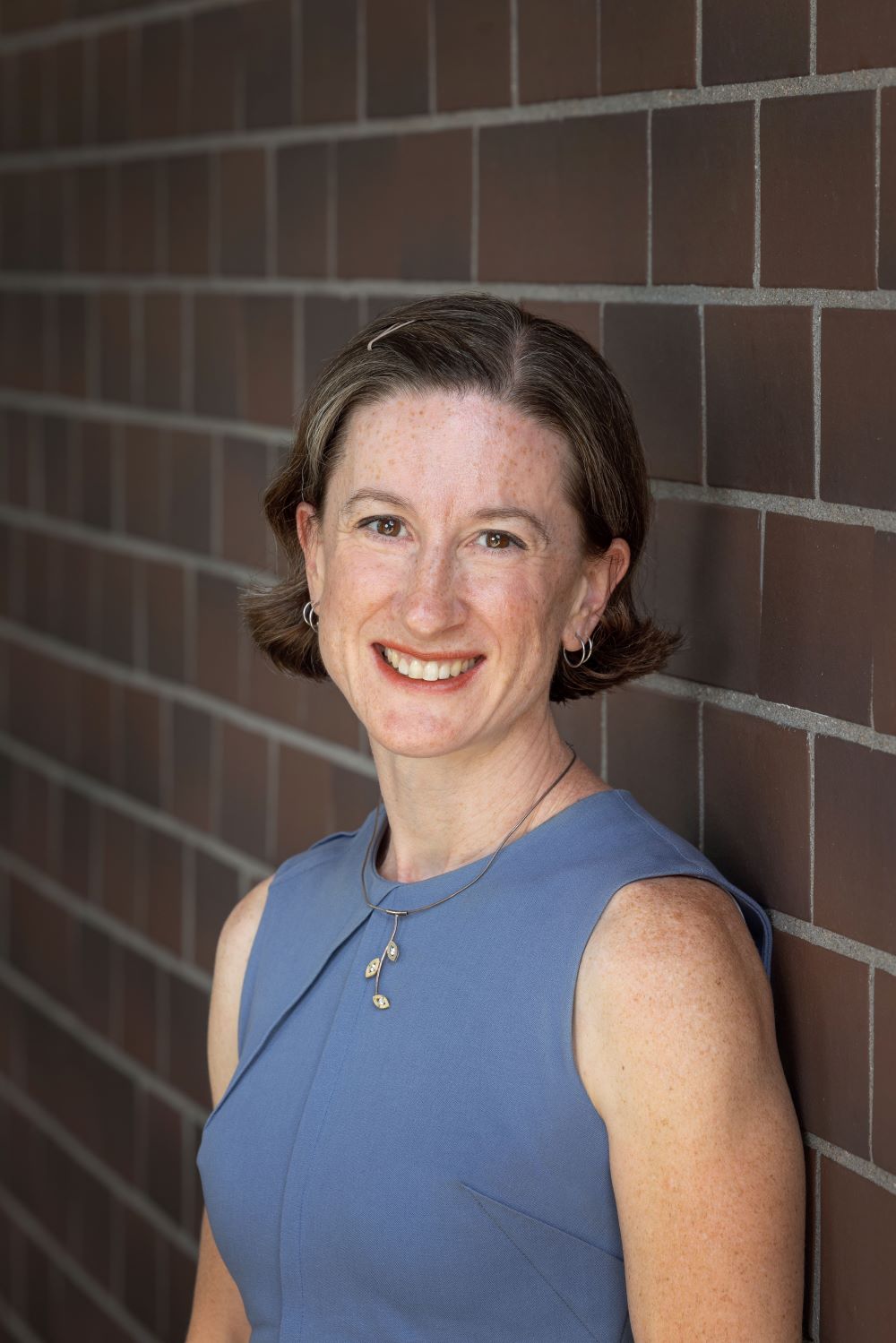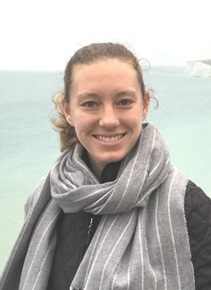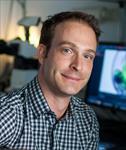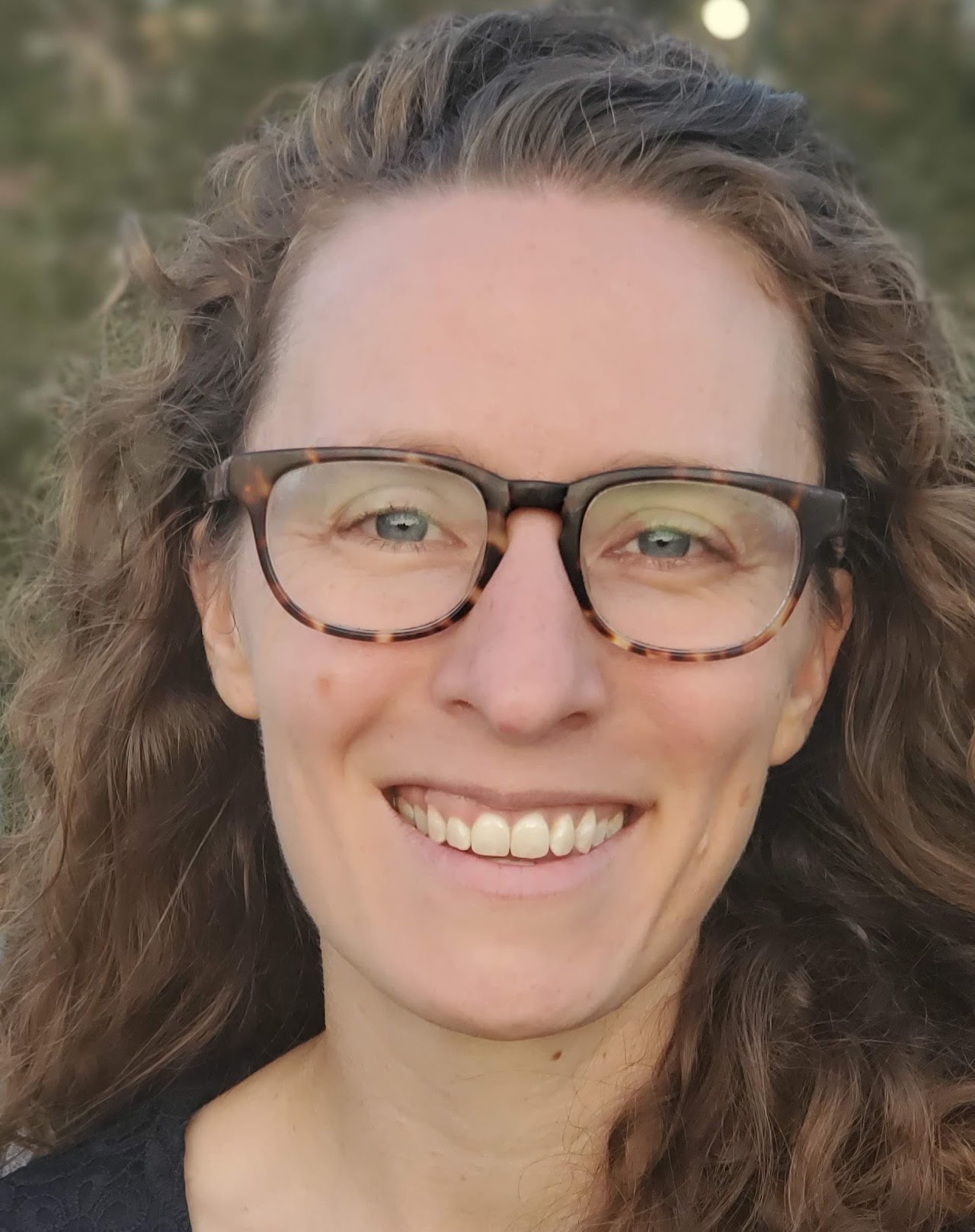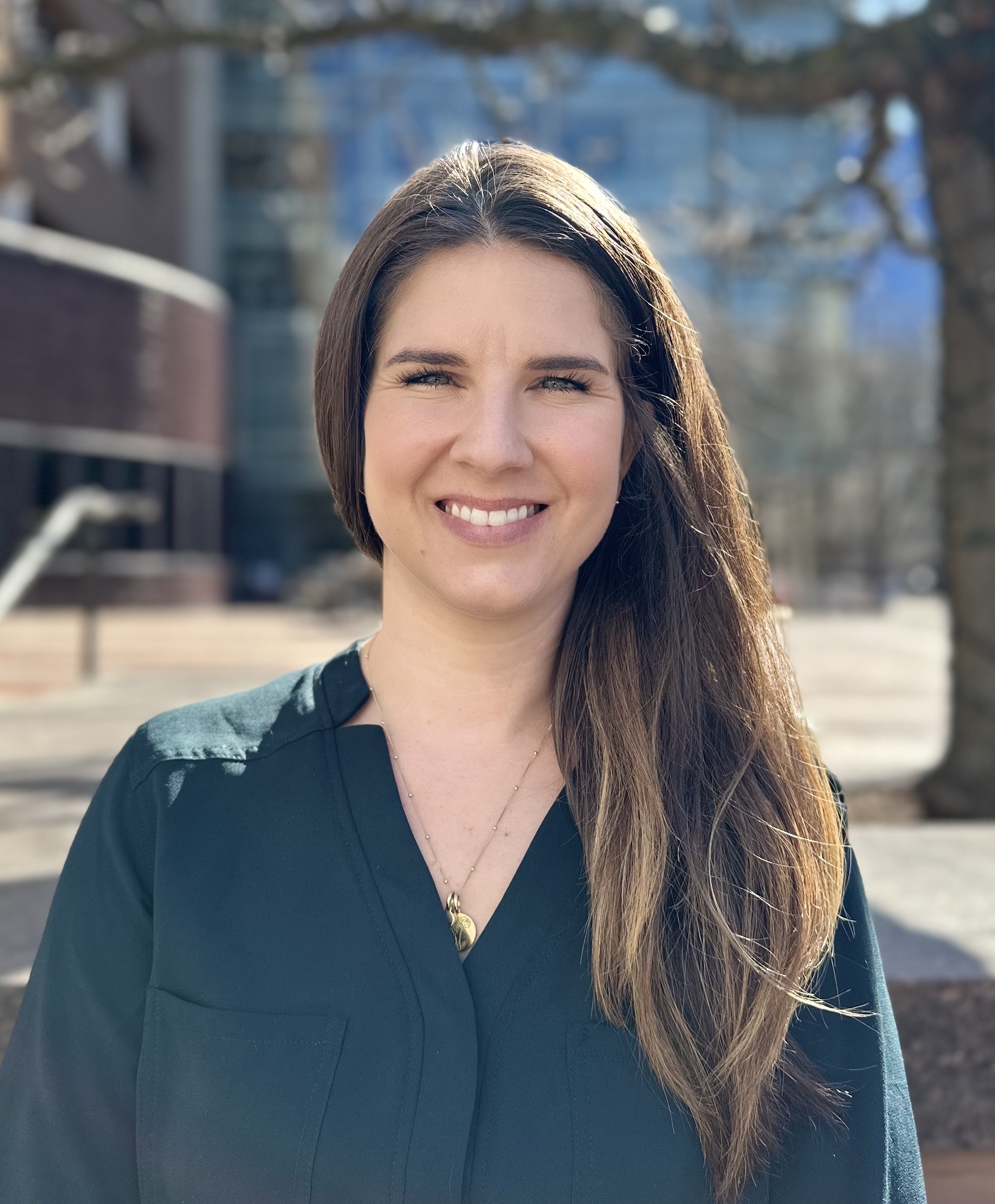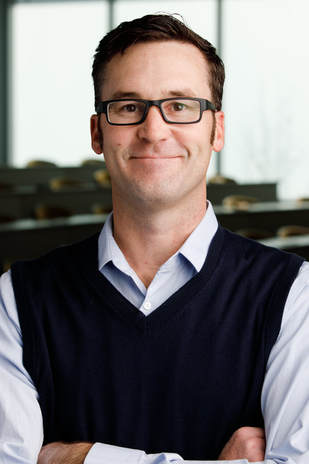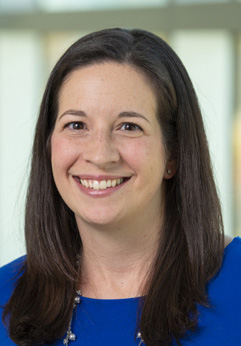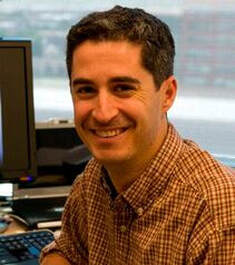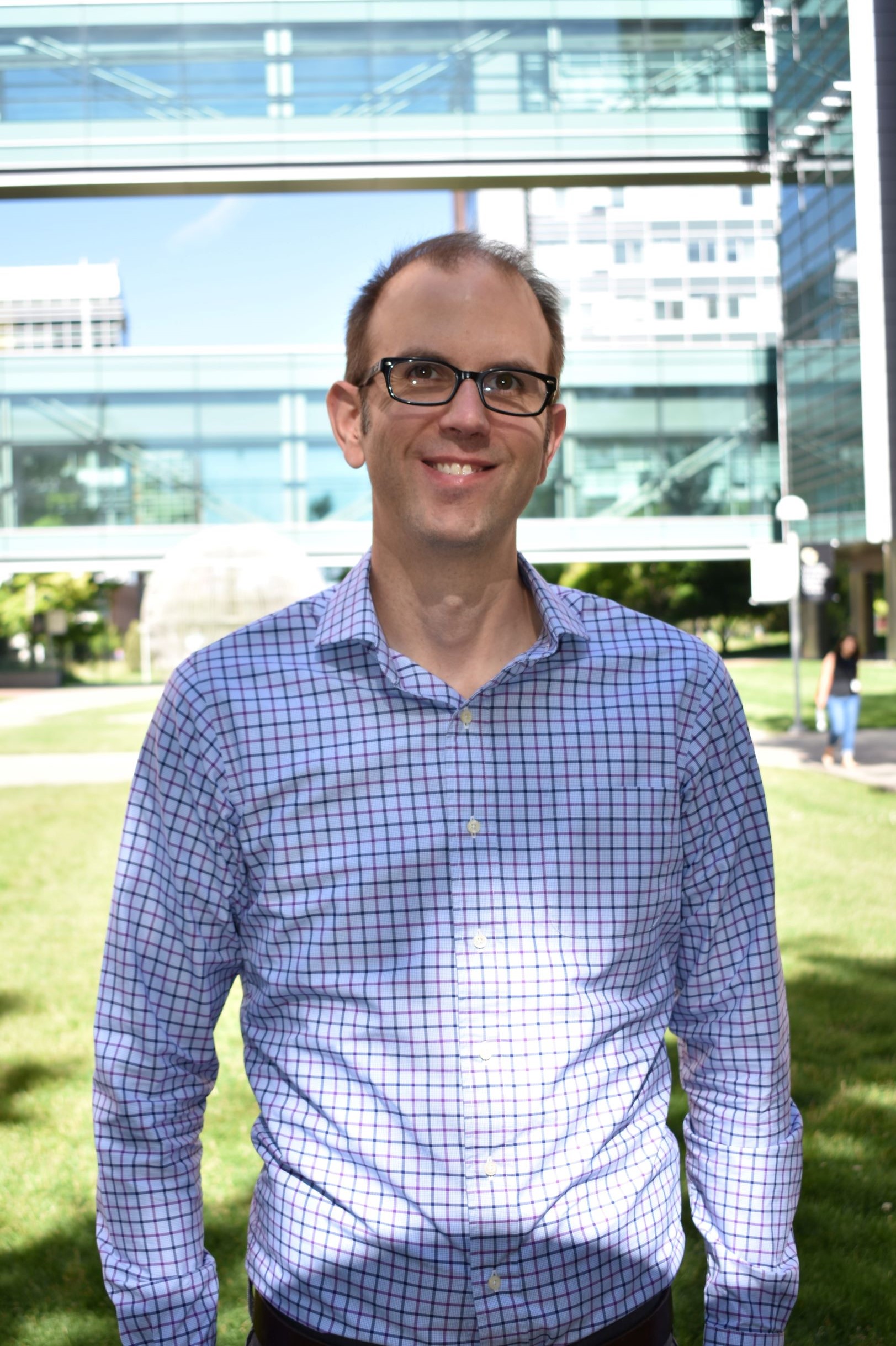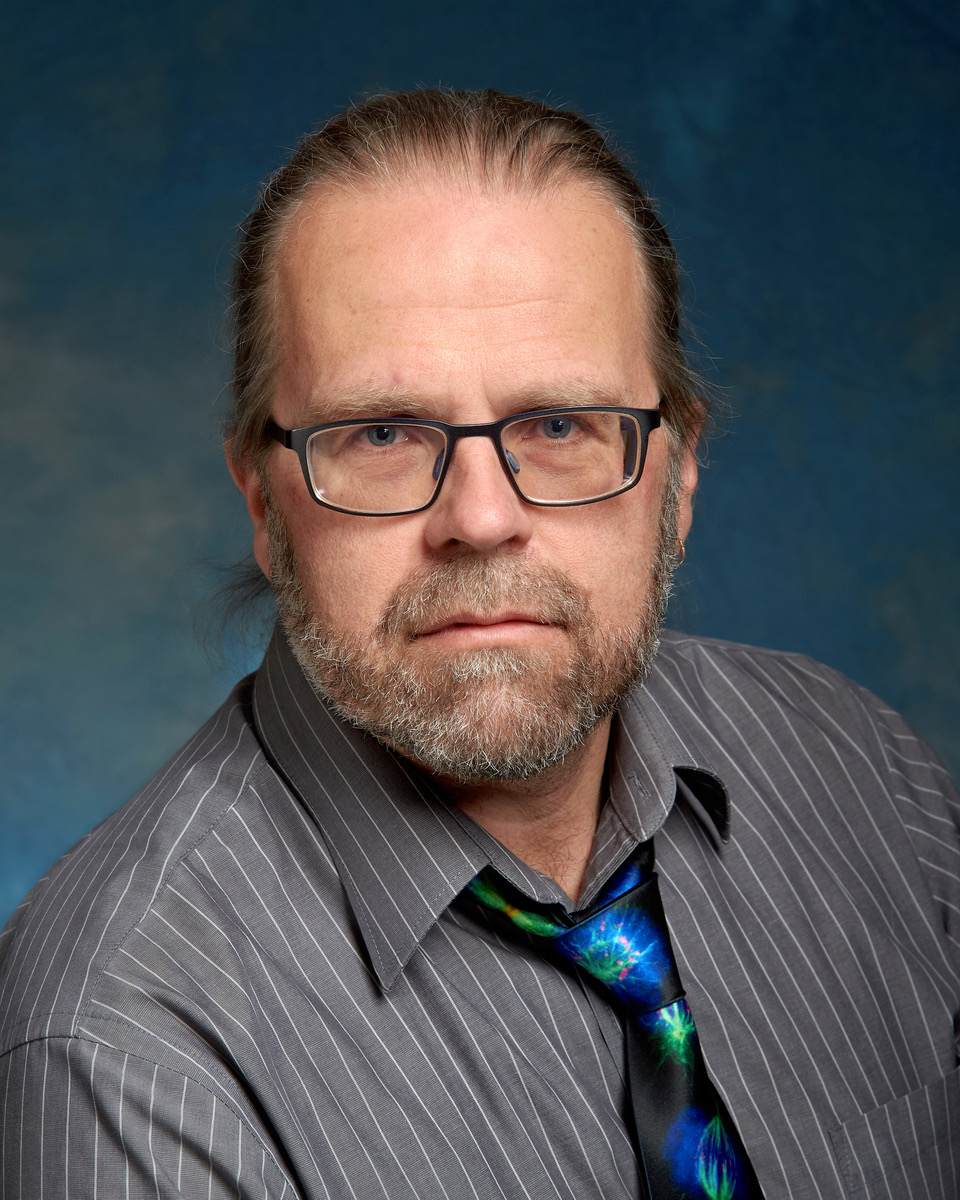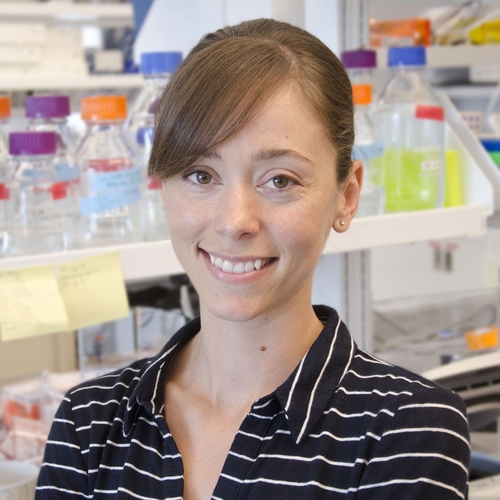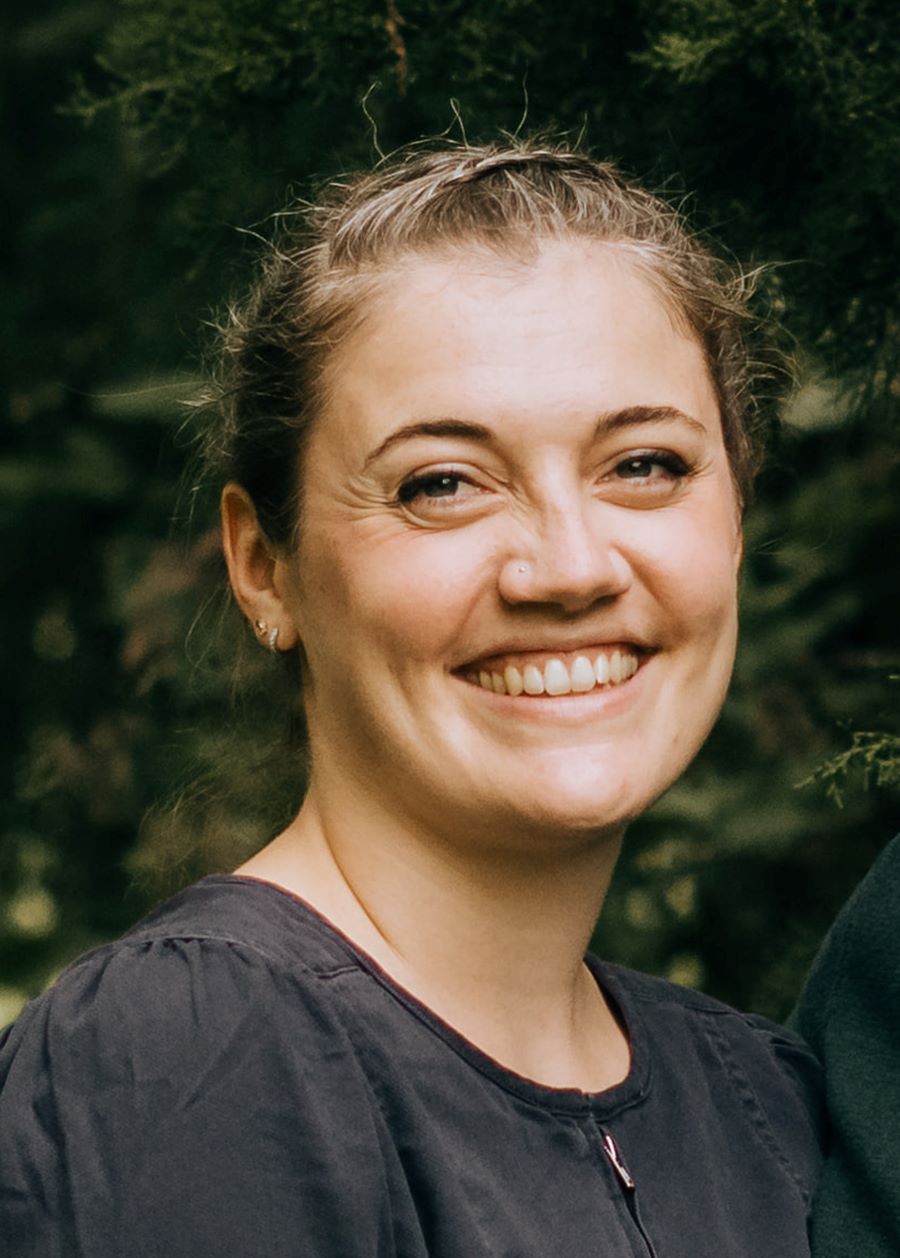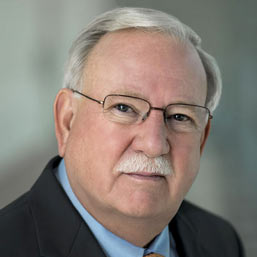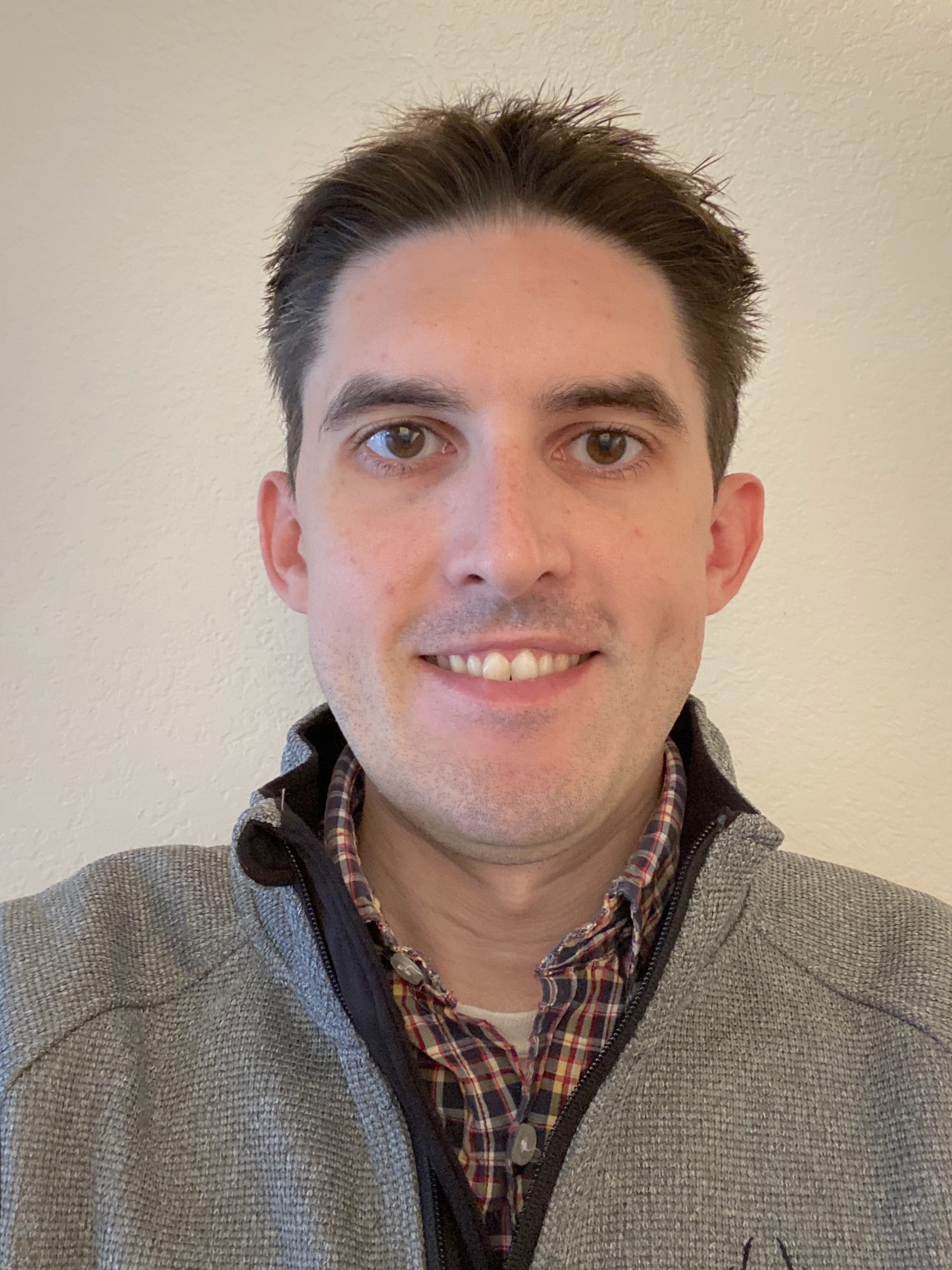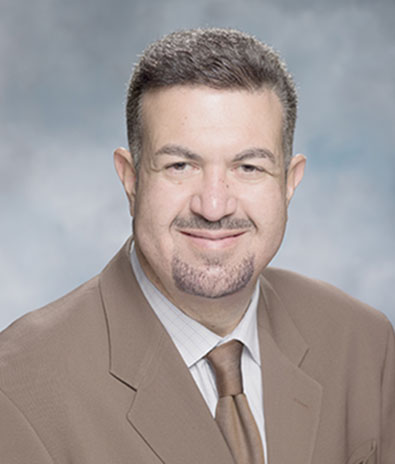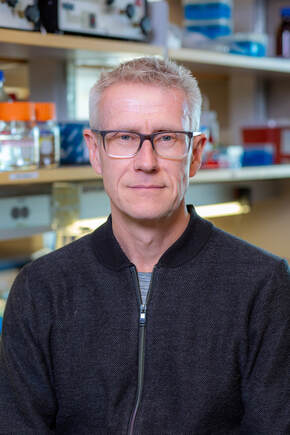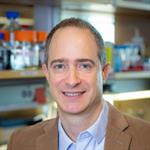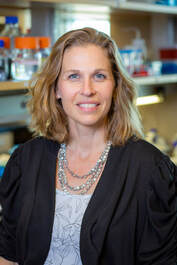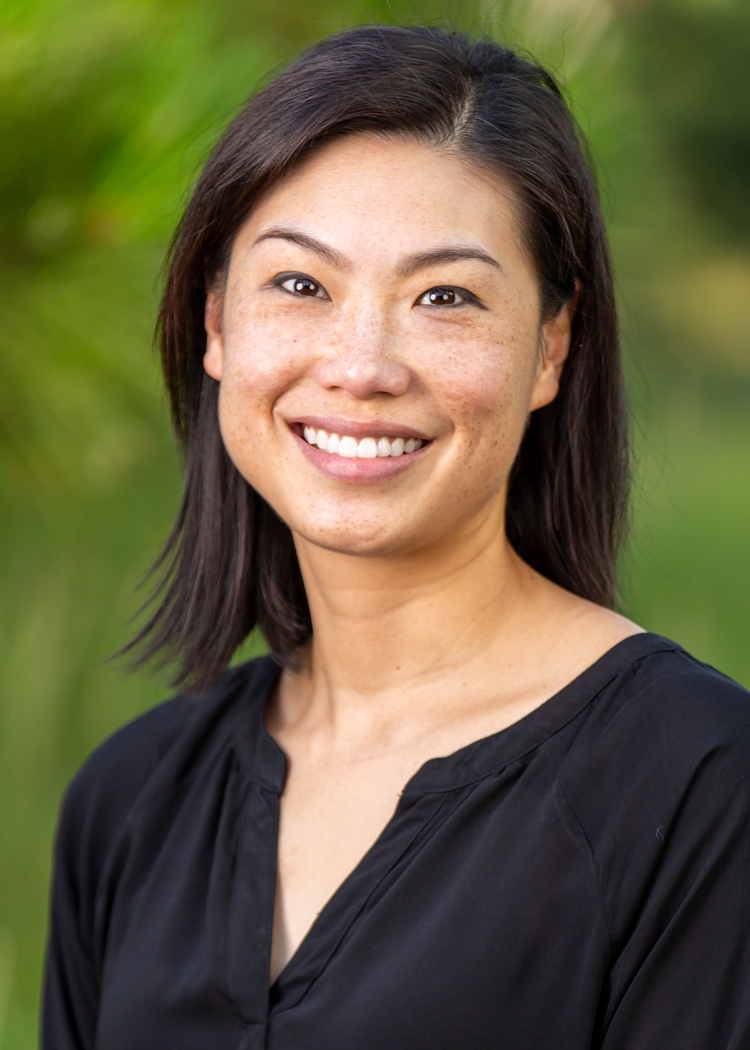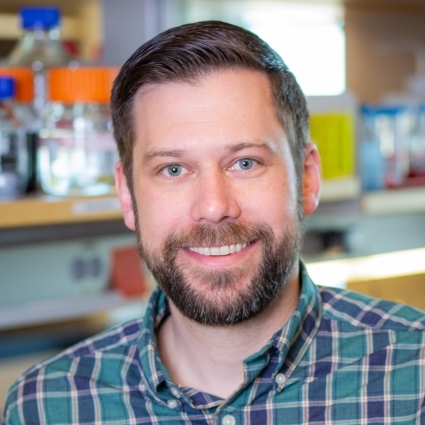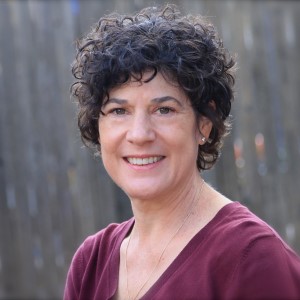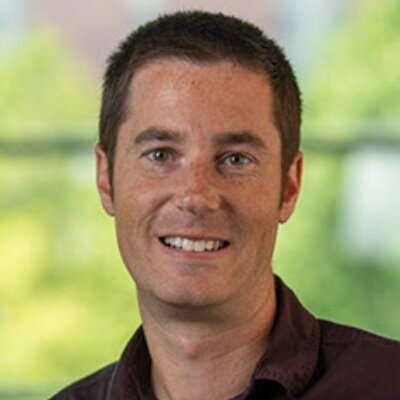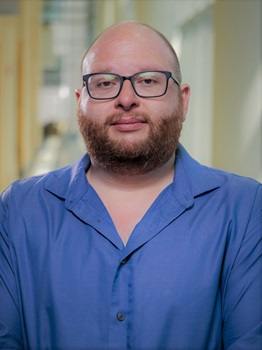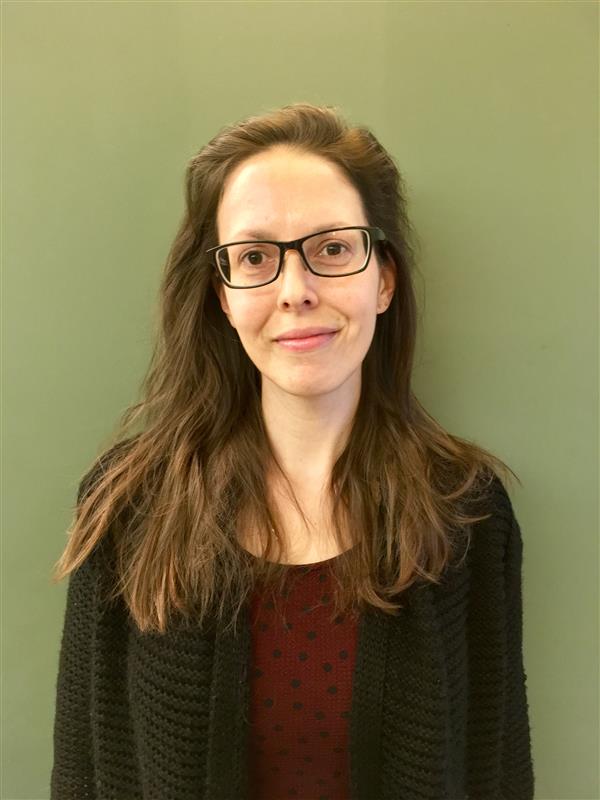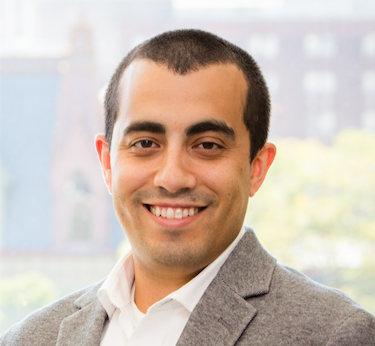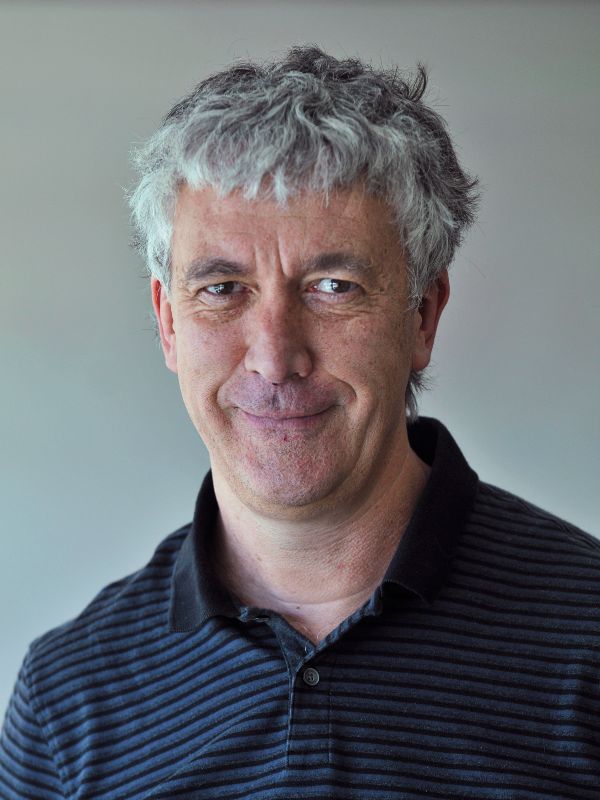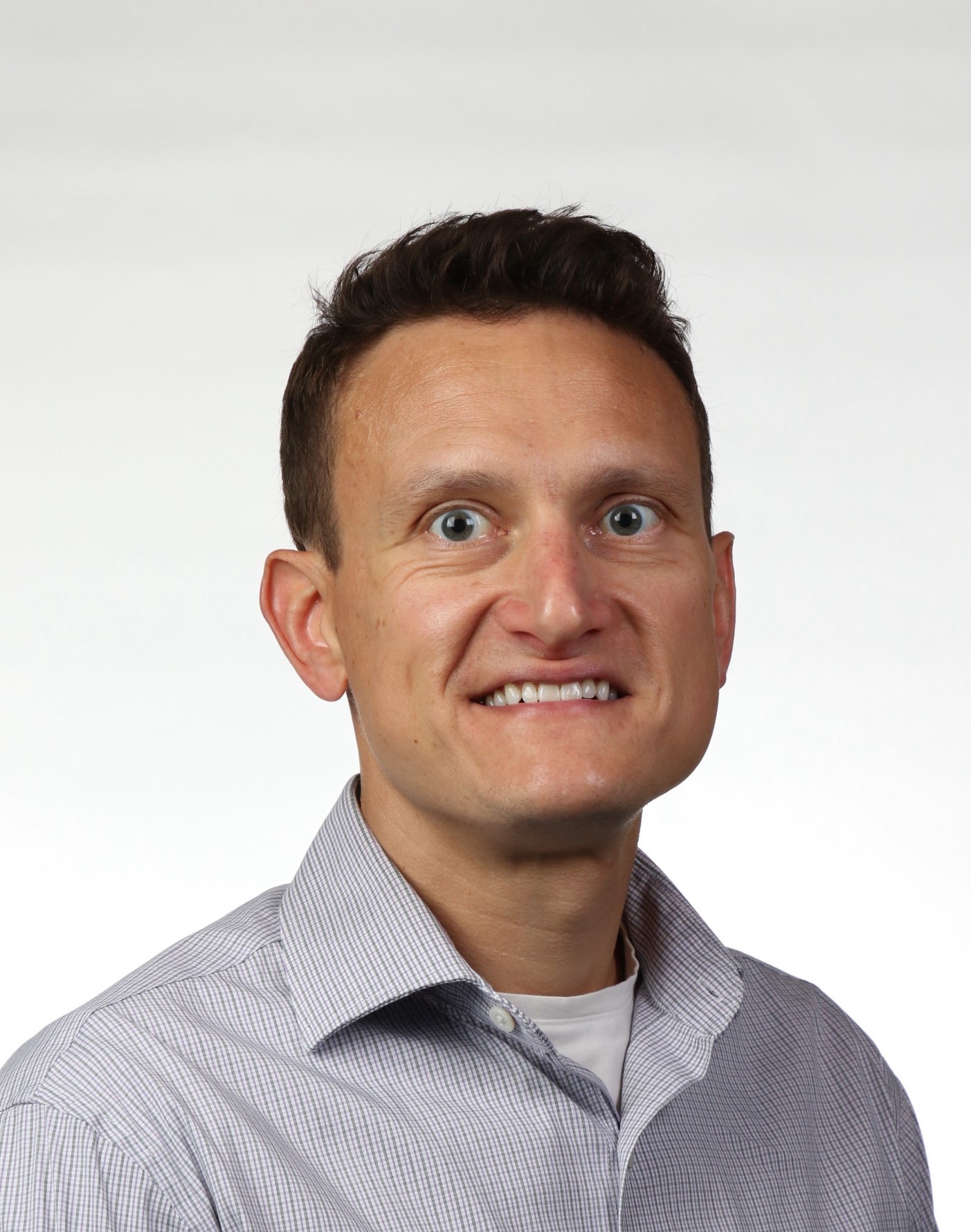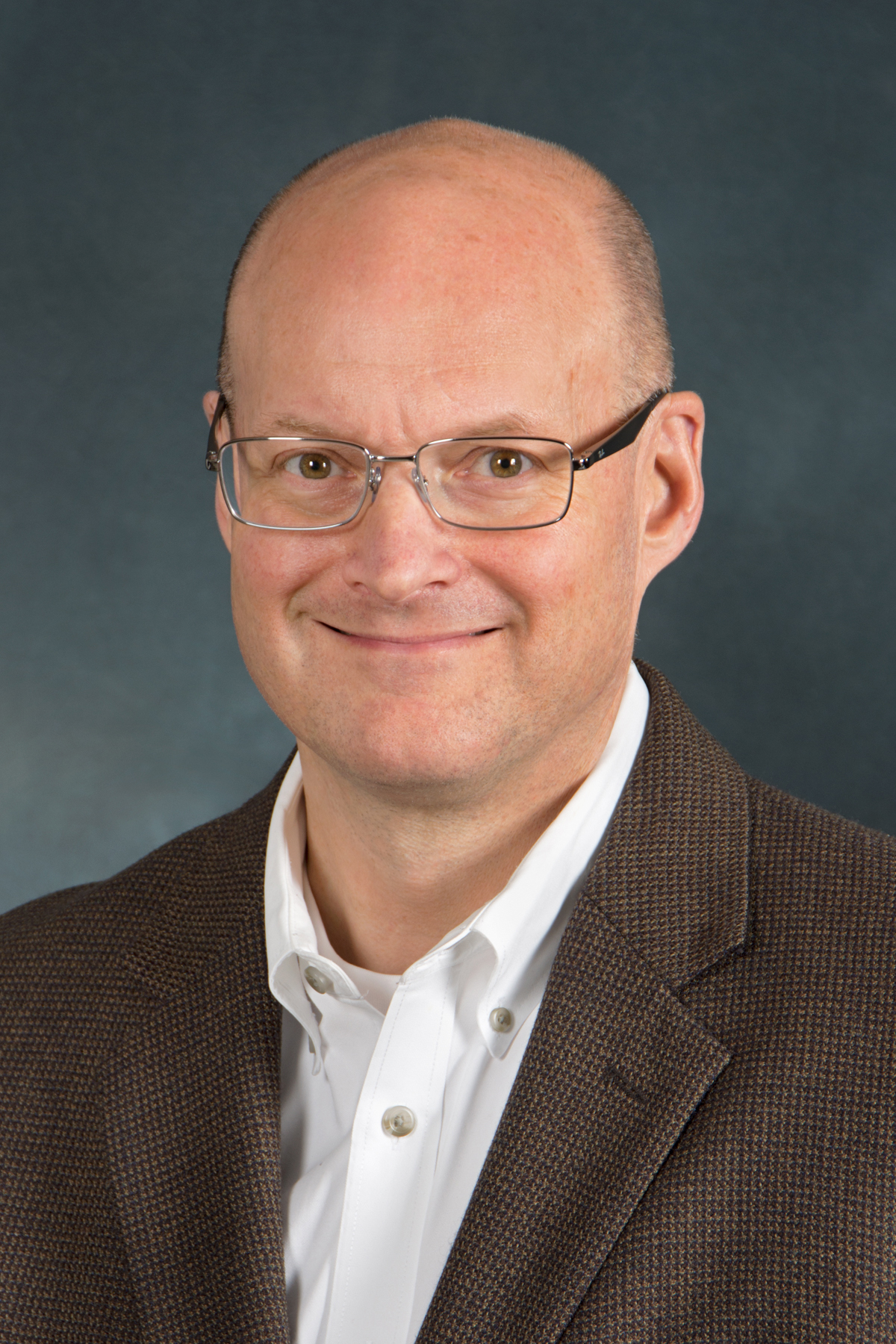FACULTY
We are an interactive group, with a strong emphasis on collaboration and cooperation. Faculty are deeply engaged in student mentoring; they provide both oversight and support as students work toward their doctoral degree. The intent is to train students
as future academic peers, and provide a rigorous and engaging intellectual environment for all program members.
Members of the CSD Program currently include 43 full time PhD students and 66 faculty from 16 basic science and clinical departments. Our faculty members and their labs further
align themselves with, but are not restricted to, 1 or more of 3 research sub-areas under the umbrella of our CSD Program:
Primary Research Sub-Areas
Cell Biology
Cell biology is a dynamic discipline that combines the interests and methods of a wide variety of scientific fields. Studies of cell function are central to modern biological research as they focus upon investigating the basic structural and functional unit of life: the cell. By applying a wide range of experimental approaches to the study of cellular processes, including biochemical and physical analysis of molecules and cells in culture, and morphological methods, cell biologist have made major discoveries that have had a dramatic impact on human health. This key link between fundamental studies of cell function and their relevance to disease is highlighted by the work of the Cell Biology Faculty within the Graduate Program in Cell Biology, Stem Cells and Development. Ongoing studies in the areas of membrane trafficking, membrane dynamics, cell signaling, motility, organelle composition and function, studies of the cytoskeleton and extracellular matrix provide important insights and information that is ultimately crucial for developing effective treatments for cancer, heart disease, AIDS, and a host of other diseases that disrupt normal cell function.
Stem Cells
Stem Cell Biology Research offers enormous therapeutic potential for a wide range of clinical disorders including Parkinson's disease, diabetes, chronic heart disease, end-stage renal disease, liver failure and cancer. Realizing the promise of using stem cells in treating human disease will ultimately depend upon defining the cellular and molecular mechanisms that regulate cell proliferation and differentiation. These fundamental principles are at the heart of modern Cell Biology, Stem Cells and Development and highlight the dynamic interdisciplinary work being undertaken by the faculty and graduate students in the Cell Biology, Stem Cells and Development Graduate Program at CU Anschutz.
Development
All animals begin life as a single cell, the result of a fusion between sperm and egg. Through a staggering multitude of molecular, cellular and tissue level events, a properly organized, multicellular embryo is formed. In the last decade, our understanding of many of these processes has expanded dramatically due to the advent of cellular, molecular biological and genetic approaches. Intriguingly, many of these processes first recognized in developmental contexts have also been implicated in human disease. These types of fundamental studies form the core of cutting edge research in Developmental Biology by faculty of the Graduate Program in Cell Biology, Stem Cells and Development at CU Anschutz.
Faculty List
Search
Filter results by:
Bruce Appel PhD
Professor
Completed Mentor Training Course
Research Focus:
Accepting Students
Development
Developmental Biology
Developmental Neuroscience
We investigate the genetic, molecular and cellular basis of brain development and myelination using zebrafish as a model system.
Email:[email protected]
Linda Barlow PhD
Professor
Completed Mentor Training Course; Completed Upstander/Bystander Training
Research Focus:
Development
Developmental Neuroscience
Sensory Systems
Stem Cells
We use in vivo molecular genetic mouse models, and in vitro taste organoids derived from adult lingual stem cells to understand how taste buds renew during normal homeostasis, and how this regenerative process is impacted by cancer therapies that cause taste dysfunction in patients.
Email:[email protected]
Emily Bates PhD
(She/Her/Hers)
Associate Professor
Completed Mentor Training Course
Research Focus:
Accepting Students
Developmental Biology
Developmental Neuroscience
Fly Research Group
Genomics Bioinformatics
Motor and Cognitive Disorders
Neuropharmacology
Other Developmental Disorders
We study how ion channel activity (bioelectricity) contributes to morphological development in multiple tissues (craniofacial structures, fly wings, brain, pancreas, and bone).
Email:[email protected]
Richard Benninger PhD
Associate Professor
Completed Inclusive Teaching Trainings
Research Focus:
Cell Biology
Cellular Physiology
Molecular Nutrition & Metabolic Systems
The Benninger lab is a multi-disciplinary team of scientists who are guided by engineering principles and technologies to study the endocrine pancreas (islets of Langerhans). With mechanistic knowledge underlying the dynamics of islet function and hormone release, we can develop diagnostics and therapeutic interventions to effectively manage, cure and prevent diabetes. Towards this goal the lab combines novel optical imaging and ultrasound imaging approaches to study the function of the islets of Langerhans over multiple levels of organization, and how function is disrupted in diabetes.
Email:[email protected]
Kristen Boyle PhD
(She/Hers)
Associate Professor
Completed Mentor Training Course, Upstander/Bystander Training
Research Focus:
Development
Developmental Biology
Gene Regulation
Molecular Nutrition & Metabolic Systems
Stem Cells
Our research focuses on understanding how infants exposed to stressors in utero, such as obesity, diabetes, or biological stress, can predispose that child to obesity or metabolic disease using mesenchymal stem cells from infant umbilical cord tissue.
Email:[email protected]
Martin Breuss PhD
(He/Him)
Assistant Professor
Completed Mentor Training Course; Completed Maximizing Mentoring; Completed HEAL Foundations in Equity Certificate; Completed Raising a Resilient Scientist Training; Completed Implicit Bias Training; Completed Bystander/Upstander Training
Research Focus:
Accepting Students
Development
Genomics Bioinformatics
Neuro Genetics
Neurodevelopment
Reproductive Biology
The Breuss laboratory is interested in genomic (and cellular) mosaicism. We assess its impact on human disease and utilize it as a tool to unravel mechanisms of development and cellular homeostasis. While we are broadly interested in these questions, two of our favorite systems to study are human germ cells and the brain.
Email:[email protected]
James Bridges PhD
Associate Professor
Completed Mentor Training Course
Research Focus:
Cell Biology
Development
My primary research interests are focused toward: 1) understanding the regulation of alveolar epithelial cell maturation during lung development and 2) determining the molecular regulation of surfactant pool sizes in the postnatal and adult lung, with particular interest in diseases associated with surfactant dysfunction.
Email:[email protected]
Joseph Brzezinski PhD
Associate Professor
Completed Upstander/Bystander Training, Completed Mentor Training Course, Completed Equity Certificate
Research Focus:
Development
Developmental Neuroscience
Sensory Systems
We are interested in uncovering the mechanisms that regulate mammalian retinal development and applying this knowledge to inform novel stem cell based treatments that restore vision. We primarily use the mouse as a model system, as its development is similar to human, and because there is a wealth of genetic resources we can utilize.
Email:[email protected]
Alexa Burger PhD
Associate Professor
Completed Mentor Training Course
Research Focus:
Accepting Students
Development
Developmental Biology
Developmental Disorders
Gene Regulation
Model Organisms
Mouse Models
Rare Diseases
Zebrafish Models
I have a long-standing interest in advancing genetic tools for model organism research that aid in studying mechanisms of vertebrate development and human disease. In my lab, we use the zebrafish (Danio rerio) as principal model, supplemented by work in chicken and mouse to further strengthen our findings’ link to human physiology, and to investigate the genetic and mechanistic causes of congenital diseases affecting mesodermal organ systems. We have developed methods for disease modeling in zebrafish using genome editing and transgenic approaches. We further use transgenic approaches to define cis-regulatory elements of tissue-specific genes to identify their involvement in vertebrate development as well as congenital diseases.
Email:[email protected]
David Clouthier PhD
Professor
Completed Upstander/Bystander Training; Completed Mentor Training Course
Research Focus:
Development
Neural crest cells (NCCs) arise at the junction between the neural and non-neural ectoderm before moving ventrally around the embryo along the entire rostro-caudal axis. Cranial NCCs form most of the bone and cartilage in the face, explaining why defects in early NCC patterning are so devastating to human facial development. Our lab uses a number of cutting edge molecular and cellular techniques and approaches in both mouse and zebrafish models to dissect signaling networks that decide the fate of NCCs. We then use this information to better understand the basis for human birth defect syndromes affecting the face for which a genetic basis has not been established.
Email:[email protected]
James Degregori PhD
(he/him/his)
Professor
Completed Mentor Training Course
Research Focus:
Accepting Students
Cancer Biology
Cell Biology
Exploring the conditions that foster somatic evolution and discovering cancer vulnerabilities.
Email:[email protected]
Peter Dempsey PhD
Associate Professor
Research Focus:
Stem Cells
Dr. Peter Dempsey's program focuses on the role of ADAM metalloproteinases in regulating extracellular signaling events involved in normal tissue homeostasis of the gastrointestinal tract and during injury/inflammation and cancer pathogenesis.
Email:[email protected]
Tobias Eckle MD, PhD
Professor
Completed Mentor Training Course
Research Focus:
Cell Biology
My research interests are primarily focused on investigating the effect of daylight/sunlight on human metabolism.
Email:[email protected]
Patricia Ernst PhD
(she/her/hers)
Professor
Completed Mentor Training Course; Completed Upstander/Bystander Training
Research Focus:
Cancer Biology
Gene Regulation
Signal Transduction
Our group focuses on epigenetic mechanisms regulating normal hematopoiesis and leukemia focusing on MLL-family histone methyltransferases.
Email:[email protected]
Katherine Fantauzzo PhD
Associate Professor
Completed Mentor Training Course; Completed Upstander/Bystander Training; Completed DEI Training Course
Research Focus:
Cell Biology
Developmental Biology
RNA Bioscience
Signal Transduction
Our laboratory is focused on investigating the mechanism and function of signaling through a particular family of receptor tyrosine kinases, the platelet-derived growth factor (PDGF) receptor family, in development of the mammalian neural crest-derived craniofacial skeleton.
Email:[email protected]
Santos Franco PhD
Associate Professor
Completed Mentor Training Courses, Completed Implicit Bias Training, Completed Upstander/Bystander Training
Research Focus:
Development
Developmental Neuroscience
The cerebral cortex is the control center of most of our higher-level brain functions, including thought, language, memory and emotion. During cortical development, billions of neurons and glia must be precisely specified and assembled into the intricate circuits that underlie these complex tasks. Disruption of these processes is associated with many devastating human neurological disorders, including epilepsy, schizophrenia, autism and intellectual disability. Our lab studies several processes involved in the formation and function of neural circuits in the cerebral cortex.
Email:[email protected]
Anastacia (Tasha) Garcia PhD
Assistant Professor
Completed Implicit Bias Training, Completed Mentor Training Program
Research Focus:
Accepting Students
Cardiovascular/Pulmonary/Renal/GI Physiology
The overall focus of the Garcia Lab is to better understand the unique adaptations governing pathological cardiac remodeling, exercise intolerance, and the progression to heart failure in pediatric patients with complex congenital heart disease, including hypoplastic left heart syndrome and other single ventricle defects. The ultimate goal of this research is to develop the critical knowledge base and infrastructure necessary to identify efficacious therapies for improving outcomes in this vulnerable group. The lab utilizes several unique tools to address the mechanisms of cardiac dysfunction including whole animal and cell culture-based models, as well as access to a meticulously preserved Pediatric Tissue and Blood Bank here at the University of Colorado Anschutz Medical Campus.
Email:[email protected]
Adam Green MD
Associate Professor
Completed SuperPowers Program; Completed Mentor Training Course
Research Focus:
Stem Cells
My research focuses on a specific type of cancer called high-grade glioma, an aggressive brain tumor affecting both children and adults. We focus especially on two pediatric subtypes called diffuse intrinsic pontine glioma and pediatric glioblastoma. I work in the lab to find new treatments for these tumors; we then study the treatments in laboratory models of the tumors, including mouse models, and then bring the treatments most likely to be successful to clinical trials in children.
Email:[email protected]
Lydia Heasley PhD
Assistant Professor
Completed Mentor Training Course
Research Focus:
Accepting Students
Chromosome Biology
Microbiology Virology
How does the structure of a genome evolve over time? Our research investigates the molecular causes and phenotypic consequences of the broadly defined family of genomic features known as structural variations (SVs). SVs like aneuploidy, loss-of-heterozygosity, and copy number alteration are pervasive, yet poorly understood genomic elements which contribute significantly to the genotypic and phenotypic diversity of eukaryotic populations. Our current work is addressing many fascinating and important biological questions focused on understanding how SVs arise in the genome, and how these variations contribute to genome stability and evolution, phenotypic diversity, and cellular and organismal fitness.
Email:[email protected]
Ethan Hughes PhD
(He/Him/His)
Associate Professor
Completed Mentor Training Courses; Completed Upstander/Bystander Training; Completed Implicit Bias Training
Research Focus:
Accepting Students
Cell Biology
Cell Physiology
Cellular Structure
Motor and Cognitive Disorders
Motor Disorders
Neuroimmunology
Optogenetics
Synaptic Signaling and Plasticity
The long-term goals of our work are to understand how neuron-glial interactions modulate brain function and contribute to pathology in neurodegenerative disease. Towards this goal, we study the interactions of oligodendrocyte lineage cells with neurons in the adult cerebral cortex.
Email:[email protected]
Rebecca Ihrie
(she/her/hers)
Professor
PhD
Research Focus:
Accepting Students
Cancer Biology
Computational Biology
Developmental Biology
Developmental Disorders
Developmental Neuroscience
Epigenetics
Mouse Models
Neurobiology
Stem Cells
Stem cells of the developing and mature brain and their relationship to brain tumors across the lifespan. Human-derived cell models, mouse models, high dimensional cytometry, and data science approaches.
Email:[email protected]
Sujatha Jagannathan PhD
Assistant Professor
Completed Mentor Training Courses; Completed Upstander/Bystander Training; Completed Implicit Bias Training
Research Focus:
Accepting Students
Cell Biology
Gene Regulation
Genomics Bioinformatics
RNA Bioscience
Our lab studies how cells detect and degrade aberrant RNAs, and how dysregulation of this surveillance process contributes to human muscle development and disease.
Email:[email protected]
Yunsik Kang PhD
(he/him)
Assistant Professor
Completed Mentor Training Course
Research Focus:
Accepting Students
Cell Biology
Developmental Neuroscience
The long-term goal of the lab is to understand the cellular and molecular mechanisms governing the interactions between neurons and glia to build a properly functioning nervous system.
Email:[email protected]
Igor Kogut PhD
Associate Professor
Completed Mentor Training Course
Research Focus:
Accepting Students
Cell Biology
Cellular Structure
Stem Cells
Investigating the mechanisms leading to cellular reprogramming and aging, as well as induced Pluripotent Stem Cell (iPSC)-associated cellular rejuvenation.
Email:[email protected]
Edward Lau PhD
Assistant Professor
Completed Mentor Training Course; Completed Upstander/Bystander Training
Research Focus:
Accepting Students
Cardiovascular & Pulmonary Biology
Cell Biology
Cellular Physiology
Computational Biology and Personalized Medicine
Genomics Bioinformatics
Structural Biology
Our lab has a broad range of research interests, encompassing several areas of biochemistry and cell biology:
(1) Protein turnover: development and application of stable isotope labeling mass spectrometry methods to measure protein half-life.
(2) Spatial proteomics: subcellular distributions of proteins, interaction between spatial and temporal protein dynamics.
(3) Cellular physiology: cellular crosstalk by secretome proteins, signatures of cellular senescence, cardiotoxicity and proteostatic disruptions in induced pluripotent stem cell models.
(4) Bioinformatics: correlation and discrepancies of transcript and protein levels, protein prediction with machine learning.
Email:[email protected]
Amanda Law PhD
(she/hers)
Professor (SOM)
Research Focus:
Cell Biology
Development
Developmental Neuroscience
Mouse Models
Psychiatric Disorders & Functional Imaging
Synaptic Signaling and Plasticity
My translational research program focuses on identifying the developmental and neurobiological mechanisms underlying genetic and environmental risk for schizophrenia and other neurodevelopmental disorders with the aim of improving patient outcomes. Our research combines human clinical genetics, human tissue and animal models and state of the art genomics, transcriptomics, cell biology and behavioral approaches.
Email:[email protected]
Shi-Long Lu MD, PhD
Professor
Research Focus:
Cell Biology
Role of PI3K/PTEN/AKT pathway in HNSCC progression.
Email:[email protected]
Traci Lyons PhD
(she/her/hers)
Associate Professor
Completed Mentor Training Course
Research Focus:
Accepting Students
Development
Dr. Lyons laboratory focuses on mechanisms of lymphatic mediated metastasis of breast cancer. Specifically, utilizing mouse models to investigate developmentally regulated programs of inflammation and lymphangiogenesis that are utilized in the adult mammary gland and may be hijacked by breast tumor cells. The results of these translational studies have the potential to instruct therapy aimed at prevention of breast cancer metastasis.
Email:[email protected]
Wendy Macklin PhD
Professor
Research Focus:
Cell Biology
Development
Developmental Biology
Developmental Neuroscience
Gene Regulation
Motor and Cognitive Disorders
Our research focuses on the following topics: (1) Signaling mechanisms that regulate oligodendrocyte differentiation and myelination; (2) The impact of ischemia on actively myelinating oligodendrocytes; (3) Demyelination induced by antibodies cloned from multiple sclerosis patients; and (4) Identification of small molecules that enhance oligodendrocyte differentiation.
Email:[email protected]
Susan Majka PhD
Professor
Research Focus:
Accepting Students
Cardiovascular/Pulmonary/Renal/GI Physiology
Cell Biology
Stem Cells
The focus of the work in the Majka laboratory is to understand how the normal and reparative function of resident lung mesenchymal progenitor cells (MPC) is altered during the development and course of lung diseases (including pulmonary hypertension, fibrosis, emphysema and TSC/LAM).
Email:[email protected]
Kristyn Masters PhD
Professor;
Chair, Department of Bioengineering; Director, Center for Bioengineering
Completed Mentor Training Course Facilitator
Research Focus:
Accepting Students
Cardiovascular/Pulmonary/Renal/GI Physiology
Cell Biology
Disease modeling
Our lab employs techniques from tissue engineering, bioconjugate chemistry, gene editing, and microfabrication to create in vitro environments that model disease progression. Through this approach, we seek to decipher disease pathogenesis, with the intent of using this knowledge to inform the design of clinical therapies. We have a particular interest in using these models to study cellular-scale sex differences and the role of sex hormones in disease onset and progression.
Email:[email protected]
Allison McClure PhD
(she/her)
Assistant Professor
Completed Mentor Training Course
Research Focus:
Accepting Students
Biochemistry
Cell Biology
Chromosome Biology
Cell cycle regulation of DNA replication
Email:[email protected]
Jennifer McKey PhD
(she/hers)
Assistant Professor
Completed Mentor Training Course, Completed Upstander/Bystander Training
Research Focus:
Cell Biology
Development
Developmental Biology
Reproductive Biology
Our team studies perinatal determinants of female fertility with a special focus on the relationship between establishment of architecture and functional differentiation of the mammalian ovary.
Email:[email protected]
Michael McMurray PhD
Professor
Completed Mentor Training Course
Research Focus:
Cell Biology
Cellular Structure
Macromolecular Structure
Our research focuses on identifying molecular mechanisms underlying the assembly of macromolecular complexes, with a focus on multisubunit complexes formed by septin proteins. All cellular processes require the function of multisubunit complexes, and while much attention has been given to solving the final structures of such assemblies, comparatively little is known about how individual subunits adopt oligomerization-competent conformations and find their partner subunits in the crowded, dynamic cellular milieu.
Email:[email protected]
Jeffrey Moore PhD
(he/him/his)
Associate Professor;
Director, Cell Biology, Stem Cells & Development Program
Completed Mentor Training Course; Completed Upstander/Bystander Training
Research Focus:
Accepting Students
Cell Biology
Chromosome Biology
Genomics Bioinformatics
Molecular regulation of the microtubule network in cell division and disease.
Email:[email protected]
Christian Mosimann PhD, MSc.
(He/Him)
Associate Professor
The Helen and Arthur E. Johnson Chair for the Cardiac Research Director
Completed Mentor Training Course, Completed Leadership Course Trainings
Research Focus:
Accepting Students
Cardiovascular & Pulmonary Biology
Cell Biology
Development
Developmental Biology
Gene Regulation
Signal Transduction
Stem Cells
Our lab uses zebrafish as principal model to investigate the developmental origins of congenital cardiovascular and other mesoderm-affecting anomalies. We apply latest live imaging, transgenesis, genome editing, and genomics approaches together with collaborations among basic and clinical groups to pursue our research.
Email:[email protected]
Jessica Nelson PhD
Assistant Professor
Completed Mentor Training Courses; Completed Implicit Bias Training; Completed Upstander/Bystander Training
Research Focus:
Accepting Students
Cell Biology
Developmental Neuroscience
Neuropharmacology
Sensory Systems
The Nelson Lab is focused on how sensory thresholds are established during development and how they are altered in disease. We use the larval zebrafish and a set of genetic mutants that impact molecular and cellular mechanisms of sensory threshold establishment and plasticity. Our work uses a variety of techniques including behavior recording and analysis, whole brain activity mapping, and pharmacology.
Email:[email protected]
Ally Nguyen PhD
(She/Her)
Assistant Professor
Research Focus:
Accepting Students
Cancer Biology
Cell Biology
Chromosome Biology
Genetics
Molecular mechanisms of genome stability and their context-dependent regulation
Email:[email protected]
James Nichols PhD
Associate Professor
Completed Mentor Training Course
Research Focus:
Development
Developmental Biology
We are interested in the mechanisms that keep development on track, even when cells are faced with deleterious changes like genetic mutations.
Email:[email protected]
Karin Payne PhD
Associate Professor
Research Focus:
Stem Cells
Our research focuses on the development of regenerative medicine approaches for bone and cartilage tissues, with a particular interest in treating growth plate (physeal) cartilage injuries, which represent a significant clinical problem in children.
Email:[email protected]
Chad Pearson PhD
(he/him/his)
Professor
Completed Mentor Training Course; Completed Upstander/Bystander Training
Research Focus:
Cell Biology
Cellular Structure
Macromolecular Structure
Centrosome and cilia biology in cell division, motility, and disease.
Email:[email protected]
Eric Pietras PhD
Associate Professor
Completed Mentor Training Course; Mentor Training Course Facilitator; Completed Upstander/Bystander Training
Research Focus:
Accepting Students
Cancer Biology
Cell Biology
Development
Developmental Biology
Inflammation
Molecular Nutrition & Metabolic Systems
Stem Cells
Interplay between inflammation and metabolism as a driver of leukemia development; targeting of pre-malignant and malignant blood-forming stem cells.
Email:[email protected]
Rytis Prekeris PhD
Professor
Molecular Biology Program Director
Completed Mentor Training Course; Completed Upstanding/Bystander Training
Research Focus:
Accepting Students
Cancer Biology
Cell Biology
Cellular Structure
Development
Developmental Biology
Regulation of cell division, cell polarity and cell migration.
Email:[email protected]
Tania Reis PhD
Associate Professor
Completed Mentor Training Course; Mentor Training Course Facilitator
Research Focus:
Accepting Students
Cell Biology
Development
Developmental Biology
Fly Research Group
Genomics Bioinformatics
Other Developmental Disorders
Other Systems
Our lab is working on three main projects: (1) Identify pathways within the fat body that control organismal fat; (2) Determine the role in body fat regulation of a putative nutrient-responsive modifier of physical activity; and (3) Develop a functional map of neuronal control of body fat.
Email:[email protected]
Olivia Rissland PhD
(she/her)
Associate Professor
Completed Mentor Training Course; Completed Gilliam Advisor Training; Completed Upstander/Bystander Training
Research Focus:
Accepting Students
Cell Biology
Developmental Biology
Gene Regulation
Genomics Bioinformatics
Microbiology Virology
RNA Bioscience
Our goal is to understand how translation impacts mRNA stability, and to place gene regulation in the contexts of broader biological processes.
Email:[email protected]
Elle Roberson PhD
Assistant Professor
Completed Upstander/Bystander Training
Research Focus:
Accepting Students
Cell Biology
Development
Reproductive Biology
We are interested in the regulatory networks controlling adult uterine remodeling, regeneration, and homeostasis. Our goal is to understand the etiology of infertility, pre-term birth, and other aspects of uterine health. We combine mouse genetics, cell and molecular biology, and systems biology methods.
Email:[email protected]
Dennis Roop PhD
Professor
Research Focus:
Development
Stem Cells
His current, primary research focuses on generating induced pluripotent stem (iPS) cells from patients with inherited skin diseases, genetically correcting these cells and differentiating them into a skin stem cell lineage, which can be returned to the same patient.
Email:[email protected]
Brian Russo PhD
Assistant Professor
Completed Mentor Training Course; Completed Implicit Bias Training
Research Focus:
Accepting Students
Cell Biology
Microbiology Virology
The Russo lab is interested in understanding how bacterial pathogens interact with their hosts. As a model, we investigate the pathogenesis of Shigella flexneri, which infects cells of the colon and causes diarrhea in humans.
Email:[email protected]
Hatim Sabaawy MD, PhD
Professor
Our research focuses epigenetic and cellular control of cell cycle regulation during development and in cancer phenotypes. Our studies aim to reveal the roles of polycomb targets in transcriptional repression of cell cycle regulators, and how these mechanisms which control cell phenotypes can be exploited for cellular reprogramming and cancer therapy. We have developed first in class inhibitors of the polycomb BMI1 and currently studying their effects on RNA translation. Our lab utilizes state-of-the-art patient derived 3D organoid models and human iPS cell reprogramming, as well as genetically engineered mouse and zebrafish models to generate spatial environments for examining cell-cell crosstalk and cell cycle states at the single cell level and with single molecule imaging, for determining cell senescence and phase regulation.
Students are encouraged to join us for training on translational and epigenetic research in tumor stem cell and immune cell reprogramming to design their own clinically relevant hypothesis-driven studies using advanced tools such as organoid models, conditional mouse models and patient derived cancer models. Our lab meetings include discussions on experimental design, data analyses, and research progress, while frequently including journal clubs to discuss recent advances in molecular therapy and precision medicine. We are looking forward to you joining us for rotations and being a member of our team.
Email:[email protected]
Charles Sagerstrom PhD
Professor
Completed Mentor Training Course; Completed Upstander/Bystander Training
Research Focus:
Cell Biology
Development
Developmental Biology
Gene Regulation
Genomics Bioinformatics
Our lab uses zebrafish to study transcriptional and epigenetic control of key transitions during embryogenesis. We are particularly interested in understanding the onset of zygotic transcription at the maternal-to-zygotic transition, and in unraveling the transcription orogram driving neural cell fates beginning during gastrulation.
Email:[email protected]
Stephen Santoro PhD
Assistant Professor
Completed Mentor Training Course; Completed Upstander/Bystander Training
Research Focus:
Accepting Students
Cell Biology
Cellular Physiology
Development
Developmental Biology
Developmental Neuroscience
Sensory Systems
Stem Cells
We are interested in how life experience guides the development and adaptation of the mammalian nervous system. We recently discovered that, in mice, olfactory experience regulates the relative birthrates of the > 1000 distinct olfactory sensory neuron subtypes in an odor-specific manner. These findings have led us to hypothesize that life-long olfactory sensory neurogenesis performs an unknown adaptive role, in addition to the known reparative one. We are currently investigating the mechanism and function of this phenomenon. These studies are anticipated to elucidate fundamental aspects about how the olfactory system develops, adapts, and frequently loses function with age and disease.
Email:[email protected]
Debosmita Sardar PhD
Assistant Professor
Research Focus:
Accepting Students
Epigenetics
Neuropharmacology
Signal Transduction
At the Glial Epigenetics Lab, we are interested in the big broad question of how we perceive and respond to the world around us through our senses. Towards this, we are specifically interested in the sensory experience of smell. In our lab, we use mouse models to approach the smell system at a cellular scale of studying non-neuronal glial cells, and at a molecular scale of epigenetics. Together, our work will provide insights into how glial cells and epigenetics play together to shape sense of smell.
Email:[email protected]
David Schwartz MD
(He/Him)
Distinguished Professor
Completed Upstander/Bystander Training
Research Focus:
Accepting Students
Cardiovascular & Pulmonary Biology
Cell Biology
Epigenetics
Gene Regulation
Genomics Bioinformatics
Our group investigates the genetic and biological determinants of diseases that are influenced by the environment. Our previous research focused on the lungs and the immune system, trying to understand why environmental agents cause lung disease and infections in some people but not others. We have discovered that a variant of the gene TLR4 makes some people more susceptible to adverse effects of bacteria, that epigenetic mechanisms may be important in Th2 skewing, and that a variant in a mucus producing gene (MUC5B) in the lung is the dominant risk factor for pulmonary fibrosis. We are currently pursing the basic mechanisms that cause MUC5B driven lung fibrosis.
Email:[email protected]
Julie Siegenthaler PhD
Associate Professor
Research Focus:
Accepting Students
Development
Developmental Neuroscience
Our lab studies the interplay between the CNS and its vital support structures the meninges and the brain vasculature. We have meninges and brain vascular projects in CNS development, the adult brain and CNS injury and disease.
Email:[email protected]
Emily Su MD, MSCI
Professor
Research Focus:
Cell Biology
Development
The Su Lab’s primary research focus is to better understand the molecular mechanisms underlying abnormal placental blood flow and function. One common finding in placentas from pregnancies complicated by severe FGR is maldevelopment of the placental vascular tree as a consequence of impaired angiogenesis. We are investigating cellular and molecular derangements from human placental endothelial cells isolated from pregnancies complicated by severe FGR that underlie compromised endothelial cell migration. More recently, we have begun to study the role of the placental microenvironment, with focus on the placental villous stroma and on placental endothelial cell-extracellular matrix interactions. The ultimate goal of our research is to understand mechanisms underlying aberrant placental function in severe FGR that will lead to prevention strategies and treatment modalities.
Email:[email protected]
Kelly Sullivan PhD
Associate Professor
Completed DEI 101 Course; Completed Implicit Bias Training; Completed NIH Raising a Resilient Scientist Trainings
Research Focus:
Accepting Students
Cell Biology
Chromosome Biology
Developmental Biology
Down Syndrome & Alzheimer's
Innate Immunity
RNA Bioscience
The Sullivan lab is interested in the signaling cascades dysregulated by trisomy 21 (T21) and how this aberrant signaling contributes to the novel disease spectrum of individuals with Down syndrome, with the ultimate goal of identifying potential nodes for therapeutic intervention for Down syndrome. We have shown that interferon (IFN) signaling is constitutively active in individuals with DS, with manifestations across the transcriptome, proteome, metabolome, and immune cell repertoire, likely driven by overexpression of the four IFN receptors encoded on chromosome 21. This work has helped to form the scientific foundation for several clinical trials for JAK inhibitors in Down syndrome (NCT04246372 and NCT05662228). Our research employs a combination of high throughput ‘-omics’ studies from a large cohort of individuals with and without T21 (Crnic Institute Human Trisome Project™), cell culture models, and animal models.
Email:[email protected]
Lori Sussel PhD
Professor;
Director of Research, Barbara Davis Center for Diabetes
Completed Mentor Training Course
Research Focus:
Accepting Students
Cellular Structure
Development
Developmental Biology
Diabetes
Genomics Bioinformatics
Signal Transduction
We are interested in the molecular mechanisms regulating pancreatic islet function in normal and disease conditions. In particular, we study the transcriptional programs, long non-coding RNAs, and RNA processing events that regulate pancreatic identity and function and how disruption of these programs leads to islet dysfunction and diabetes.
Email:[email protected]
Matthew Taliaferro PhD
Assistant Professor
Completed Mentor Training Course; Completed Upstander/Bystander Training
Research Focus:
Accepting Students
Cell Biology
Cellular Structure
Gene Regulation
Genomics Bioinformatics
RNA Bioscience
We study how the expression of genetic information is spatially regulated within a cell.
Email:[email protected]
Arianne Theiss PhD
(she/her/hers)
Associate Professor
Completed Upstander/Bystander Training; Completed Mentor Training Course; Completed Bias Reduction Course
Research Focus:
Accepting Students
Cancer Biology
Cardiovascular/Pulmonary/Renal/GI Physiology
Cell Biology
Cellular Physiology
Host-Pathogen Interactions
Inflammation
Innate Immunity
Stem Cells
The overall goal of the Theiss Lab is to elucidate the role and mechanism whereby mitochondrial signaling pathways in intestinal epithelial cells contribute to gastrointestinal diseases, specifically inflammatory bowel diseases (IBD) and colorectal cancer.
Email:[email protected]
Ronald Vagnozzi PhD
Assistant Professor
Research Focus:
Cell Biology
Our lab studies the cellular mechanisms of injury and stress responses in the heart. We are particularly interested in the innate immune system and how inflammation impacts wound healing, fibrosis, and tissue remodeling in beneficial as well as adverse ways. We use the mouse as our primary model, which allows us to interrogate gene functions and signaling pathways, perform genetic lineage tracing, and mimic complex cardiovascular pathology in a mammalian system. Our goal is to understand the regulatory mechanisms of cardiac wound healing and discover novel approaches to repair or even rejuvenate the damaged heart. Our approach, first and foremost, is driven by a shared lab culture of teamwork, discovery, and high-quality science.
Email:[email protected]
Rajeev Vibhakar MD, PhD, MPH/MSPH
Professor
Research Focus:
Accepting Students
Cell Biology
My research focuses on genetic mechanisms by which normal brain cells become cancerous and how these genetic differences can be used to better diagnose and treat children with brain tumors,
Email:[email protected]
Eszter Vladar PhD
Assistant Professor
Research Focus:
Accepting Students
Cell Biology
Cellular Structure
Gene Regulation
We use mice and primary mouse and human cell culture to study how multiciliated cells adopt their cell fate, build cilia and orient the cilia for directional clearance. We investigate the pathways that drive these processes during normal development and regeneration and study how they are misregulated in human disease. Our research has the potential to develop novel biomarkers and therapeutics for individuals suffering from chronic airway diseases.
Email:[email protected]
Kristin Watt PhD
Assistant Professor
Completed Mentor Training Course
Research Focus:
Accepting Students
Craniofacial Genetics
Developmental Biology
RNA Bioscience
The Watt lab is interested in understanding how pathogenic variants in subunits of RNA Polymerases I and III give rise to craniofacial differences and investigating the molecular and cellular basis of genetic disorders affecting craniofacial development.
Email:[email protected]
Gregory Way PhD
Assistant Professor
Completed Upstander/Bystander Training; Completed Mentor Training Course
Research Focus:
Computational Biology
Computational Biology and Personalized Medicine
The mission of our lab is to reduce human suffering by integrating biomedical data science and software engineering into drug discovery by developing new computational methods, innovative approaches, assays, and software for analyzing high-dimensional genomic, molecular, and microscopy data with a focus on pediatric diseases, including pediatric cancer and Neurofibromatosis Type 1 (NF1).
Email:[email protected]
Trevor Williams PhD
Professor
Research Focus:
Cancer Biology
Development
Developmental Biology
Gene Regulation
Transcriptional regulation of mouse embryonic development.
Email:[email protected]
Matthew Wortham PhD
(he/him/his)
Assistant Professor
Completed Mentor Training Course
Research Focus:
Accepting Students
Cell Biology
Cellular Physiology
Diabetes
Epigenetics
Gene Regulation
Genomics Bioinformatics
Molecular Nutrition & Metabolic Systems
Mouse Models
The Wortham lab studies how insulin-producing beta cells sense and respond to changes in their environment in physiological conditions or pathological states related to diabetes. We focus on how extracellular signals interface with gene regulation by monitoring effects of changing cellular environments upon epigenomic modifications and metabolism in the beta cell. To conduct these studies we employ metabolomics, single cell genomics, and genetic or pharmacological manipulations in primary human tissue and in animal models of diabetes.
Email:[email protected]
Michael Yeager PhD
Associate Professor
Research Focus:
Cell Biology
The primary goal of the Yeager Lab is to understand how the lung vasculature (blood and lymphatic) operates during episodes of acute and chronic inflammation. The Yeager Lab examines lung tissue and peripheral blood immune cells from patients with pulmonary hypertension, including persons with Down syndrome.
Email:[email protected]
Ning Zhao PhD
Assistant Professor
Completed Maximizing Mentoring Workshop; Completed Upstander/Bystander Training
Research Focus:
Cancer Biology
Cell Biology
Gene Regulation
Macromolecular Structure
RNA Bioscience
My lab focuses on developing technologies that enable tracking the full life cycle of proteins in real time with high spatiotemporal resolution in their native intracellular environments. This will help us understand when, where, and how proteins are synthesized, folded, modified, and degraded in both healthy and diseased cells.
Email:[email protected]
Han Zhu
Assistant Professor
Completed Mentor Training Course
Research Focus:
Accepting Students
My laboratory integrates functional genomics tools and human pluripotent stem cell-derived islet organoid models to elucidate gene regulatory mechanisms governing β-cell formation and their destruction during diabetes.
Email:[email protected]
Michael Zuscik PhD
Professor
Research Focus:
Cell Biology
Stem Cells
The central focus of our research can be divided programmatically into three parts: 1) Study of the pathological impact of obesity on the skeleton, particularly bone and joint health and fracture healing, 2) Elucidating the role of the gut microbiome in posttraumatic and obesity-associated osteoarthritis, and 3) Development of disease-modifying treatments to address joint degeneration in osteoarthritis. Our work spans from bench to bedside, involving basic molecular-cellular biology and microbiology in microbial and cell culture systems, state-of-the-art animal models of disease, and human clinical trials. Our aim is to pursue a basic study of skeletal homeostasis and disease, using information gained from that work to develop therapeutic strategies addressing key orthopedic challenges including fracture non-union, osteoporosis, and osteoarthritis.
Email:[email protected]
